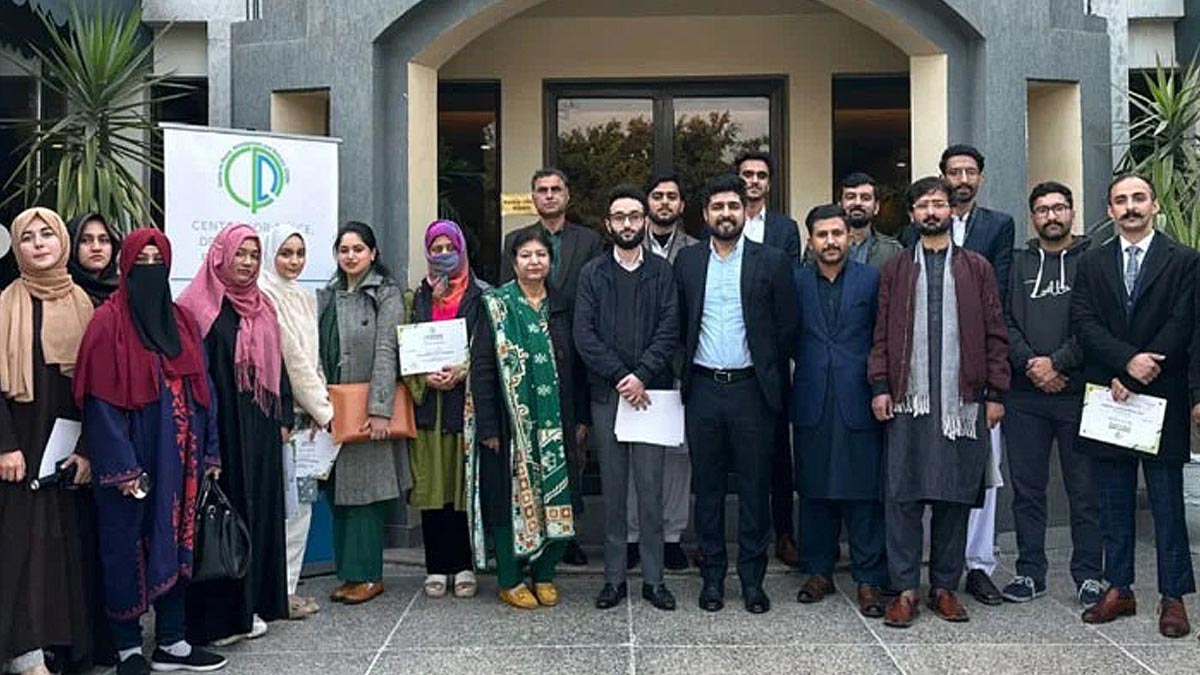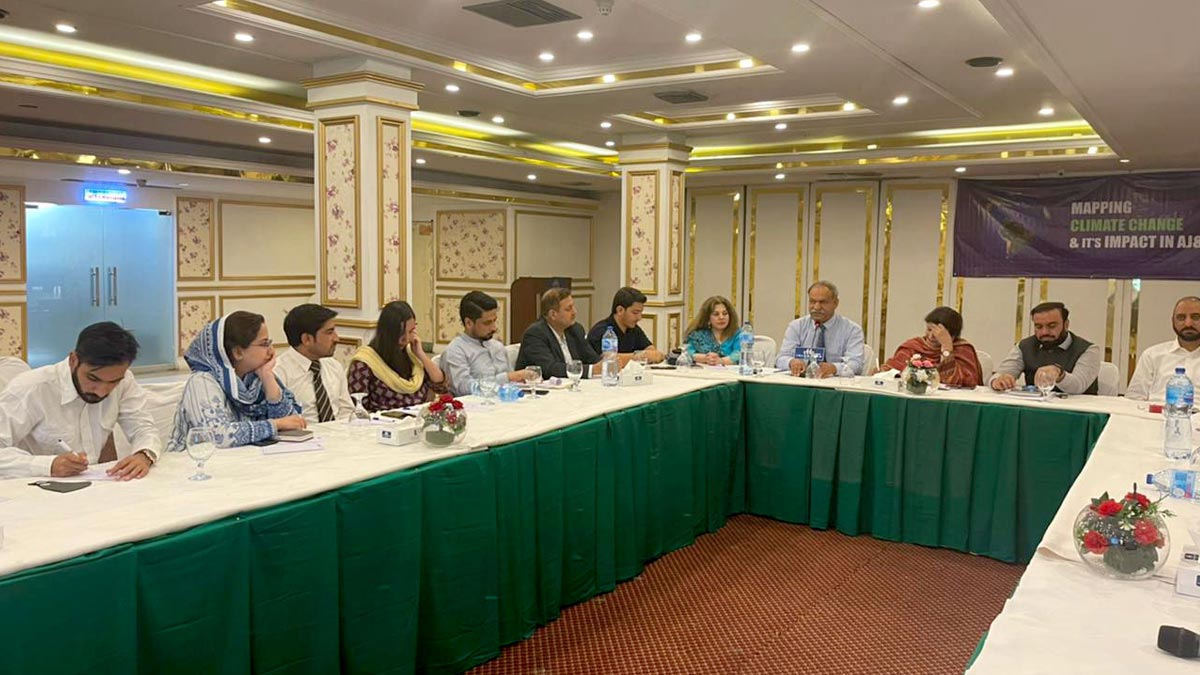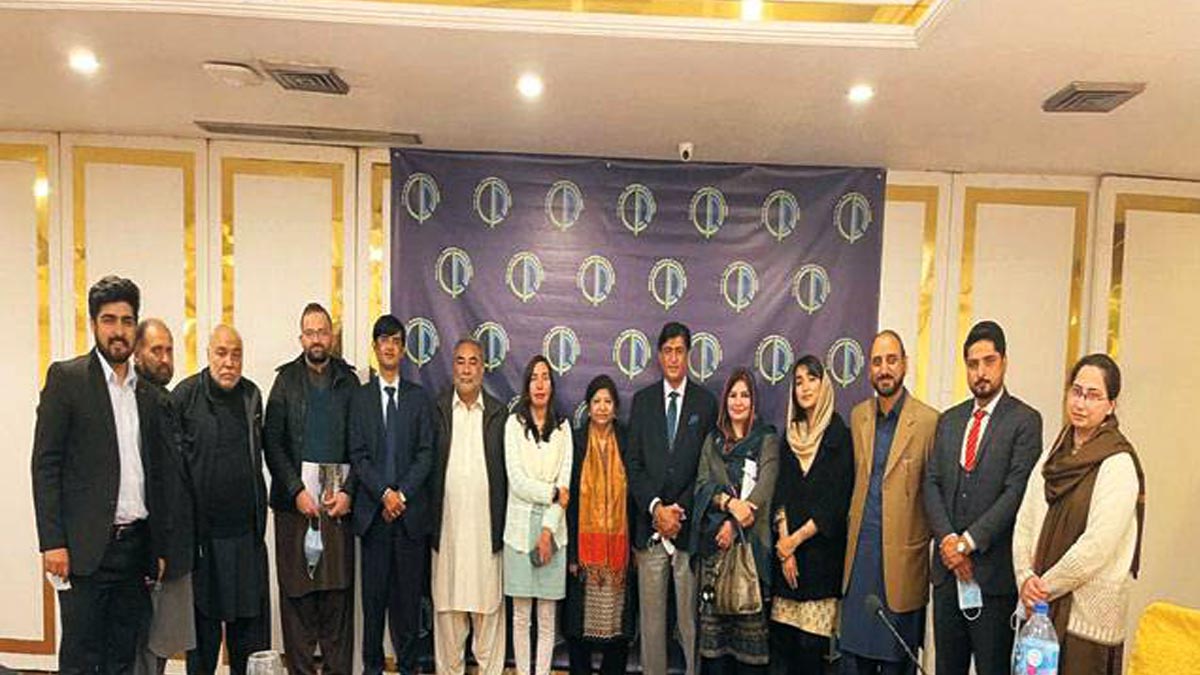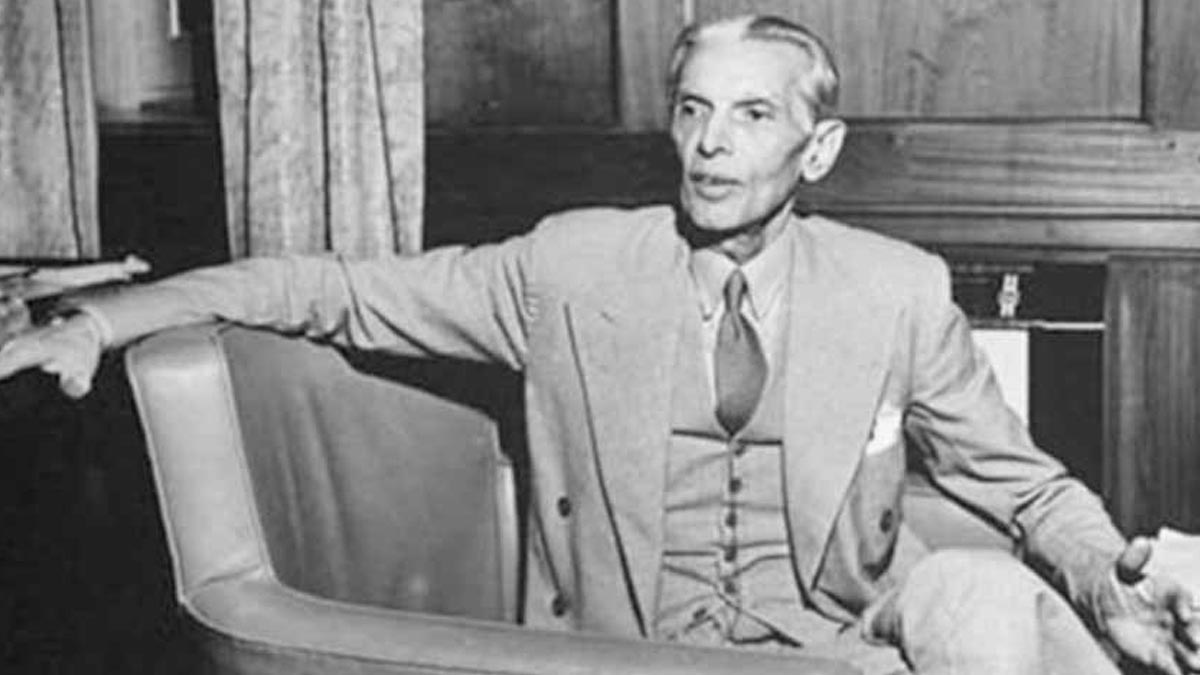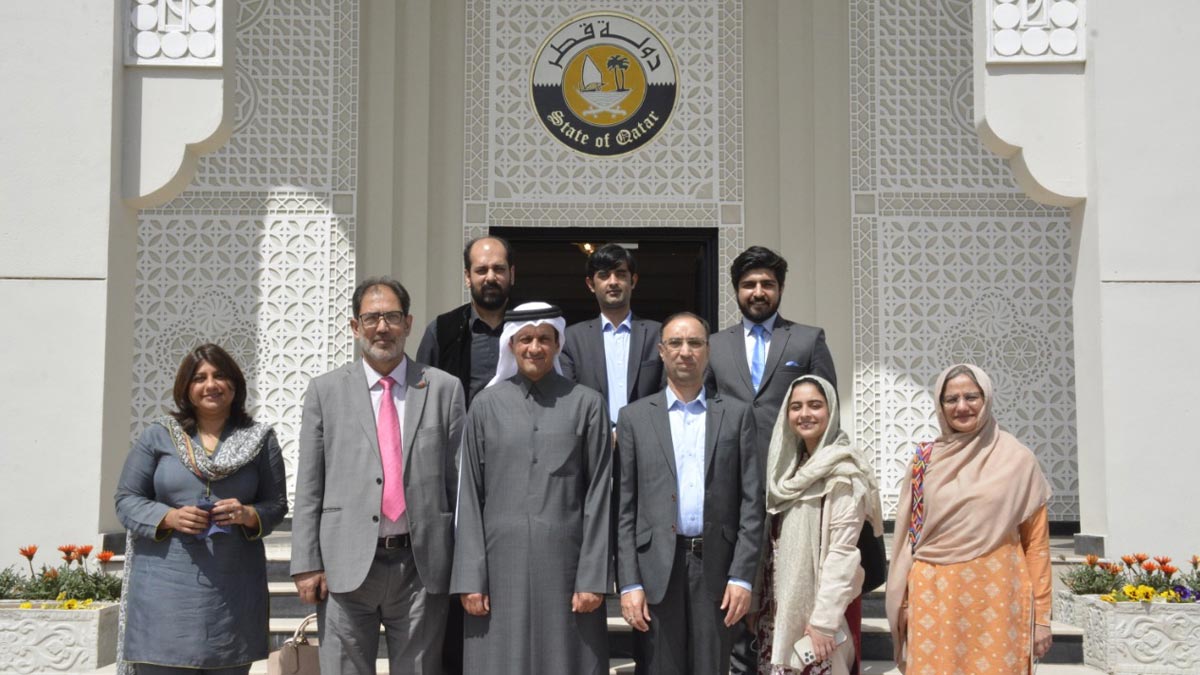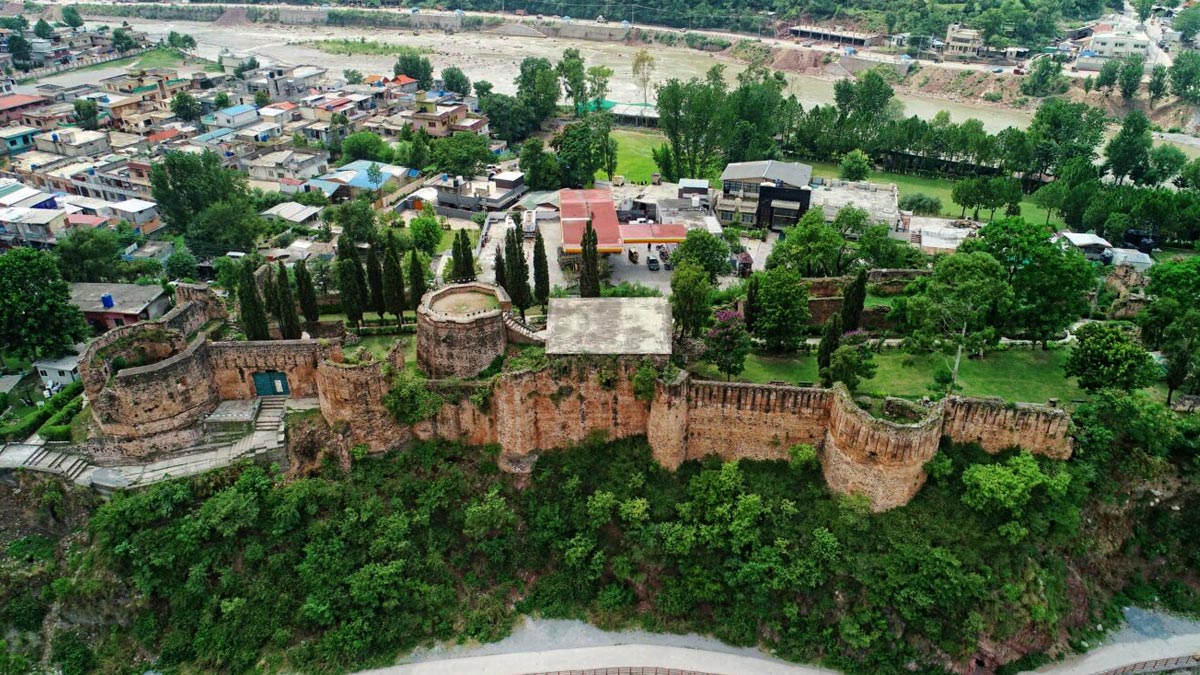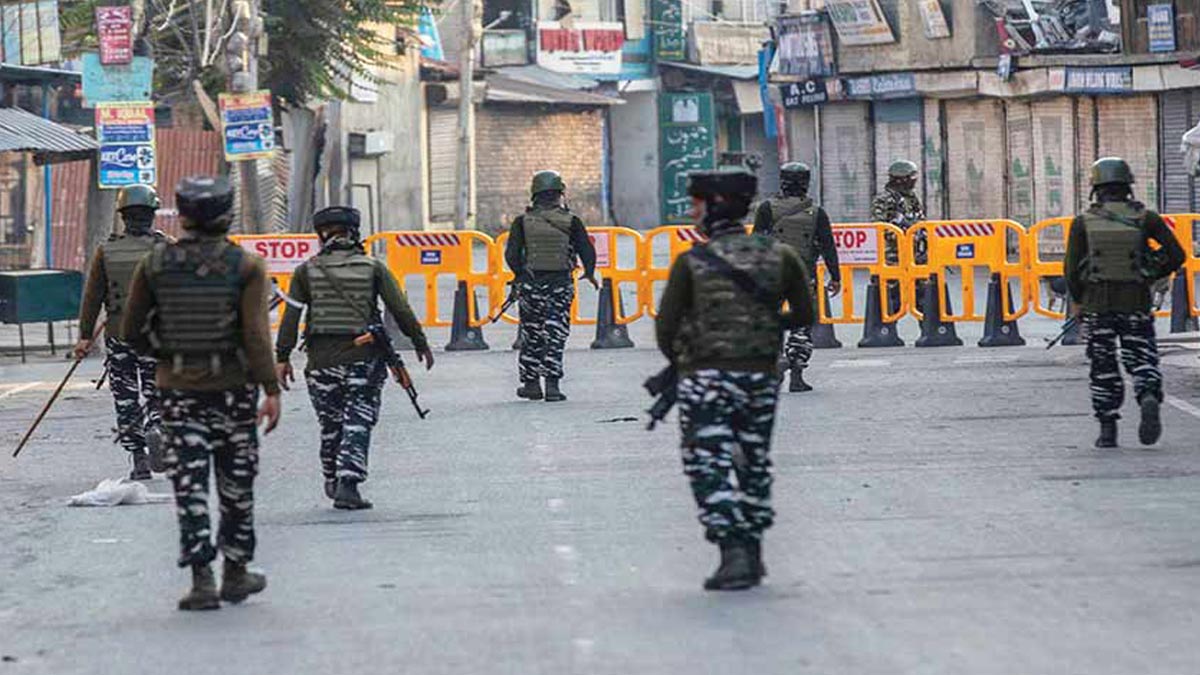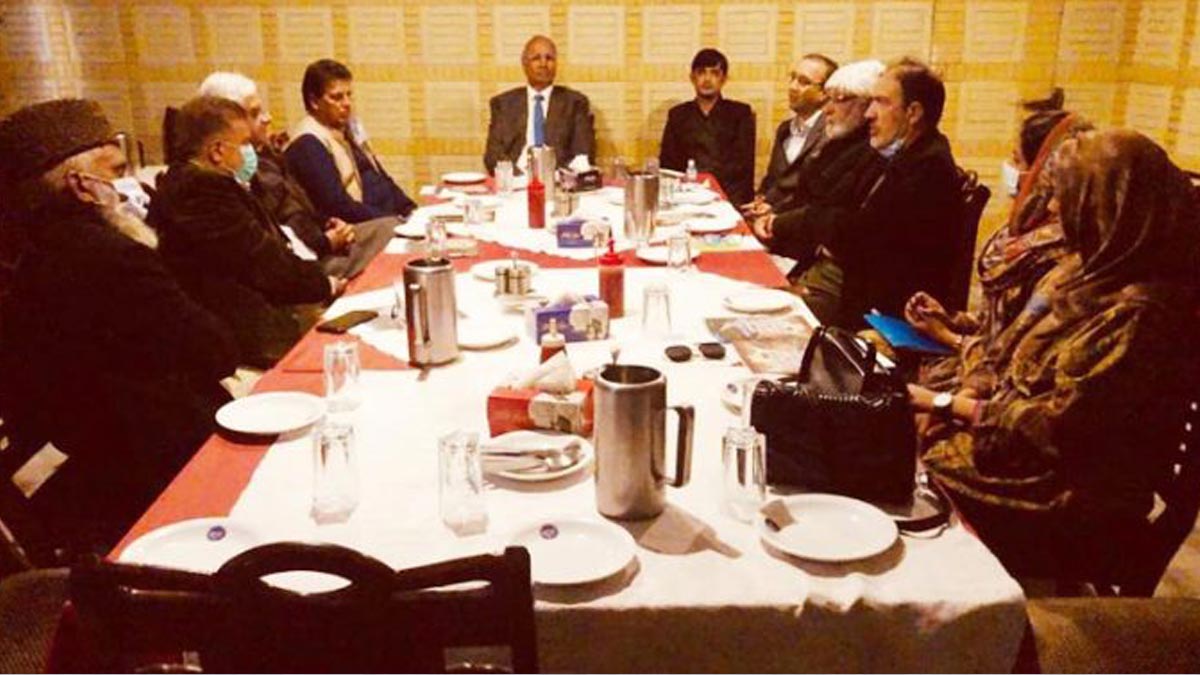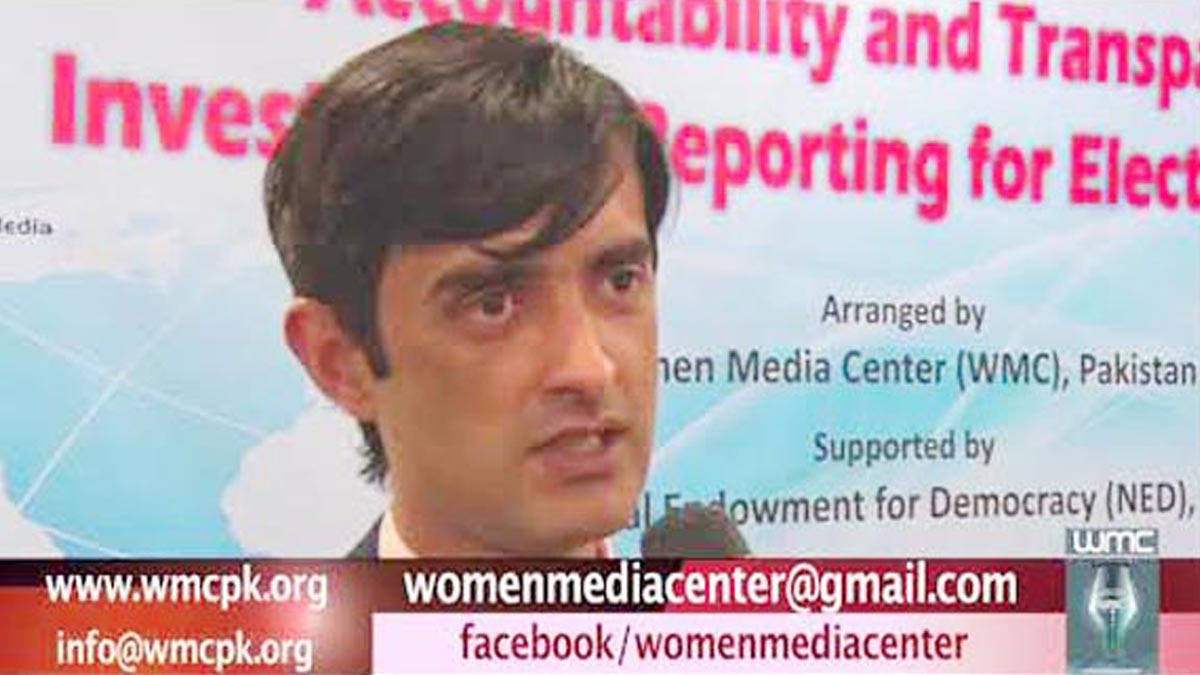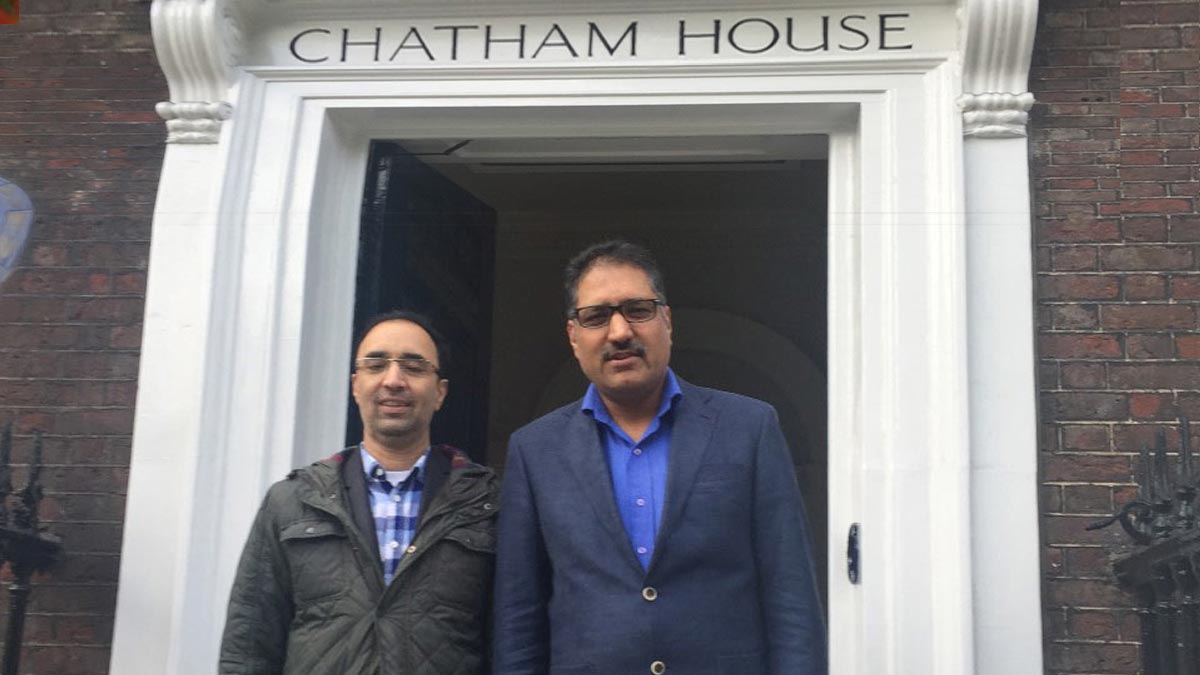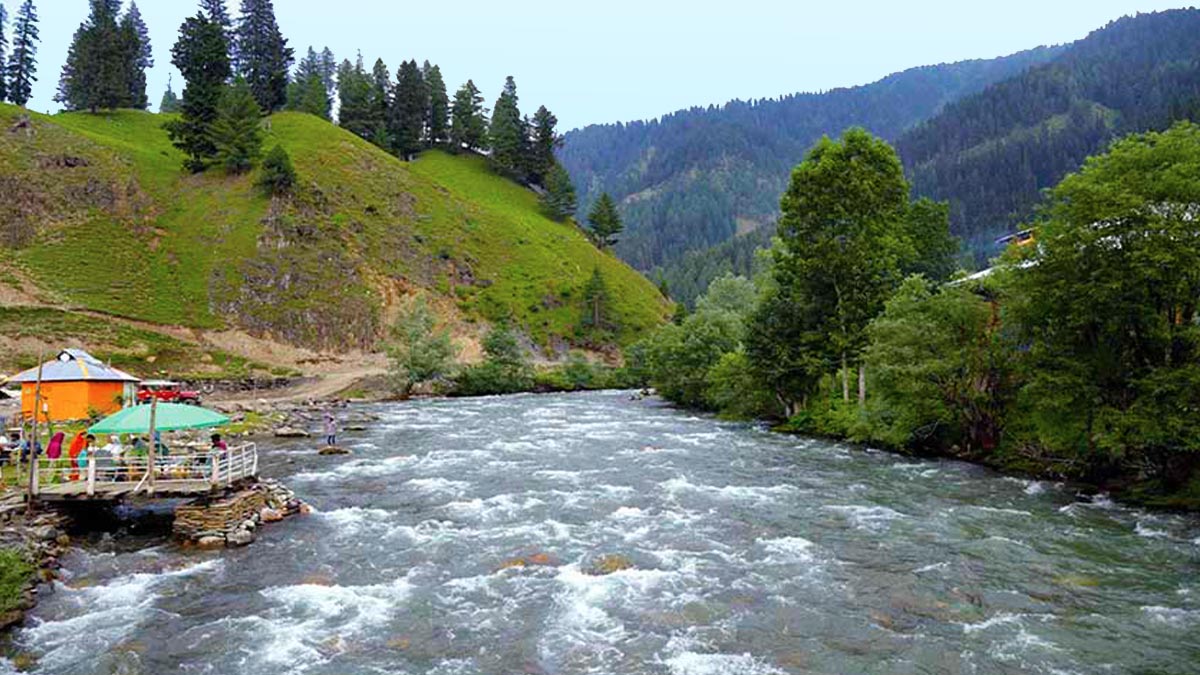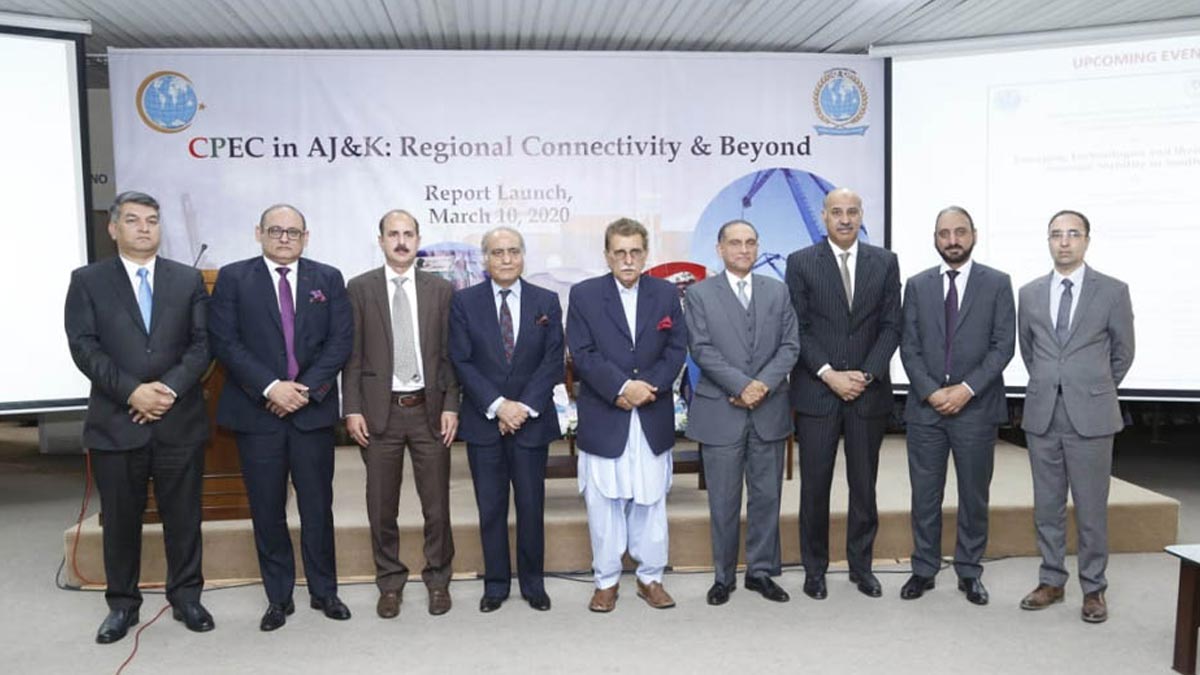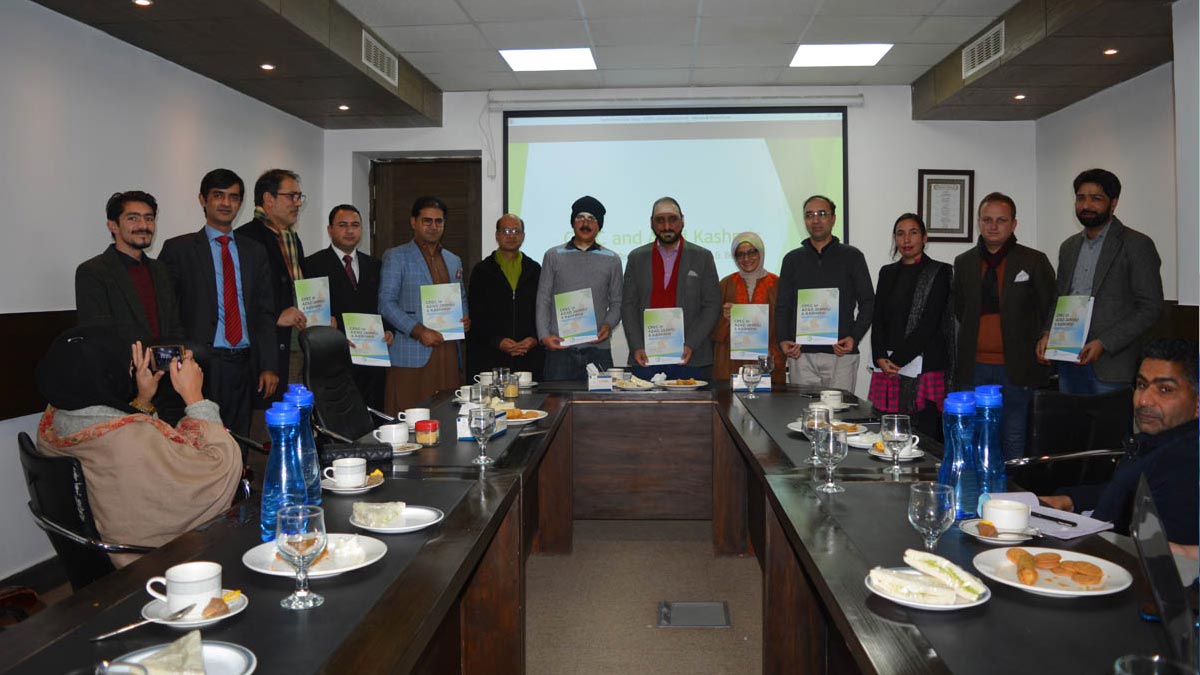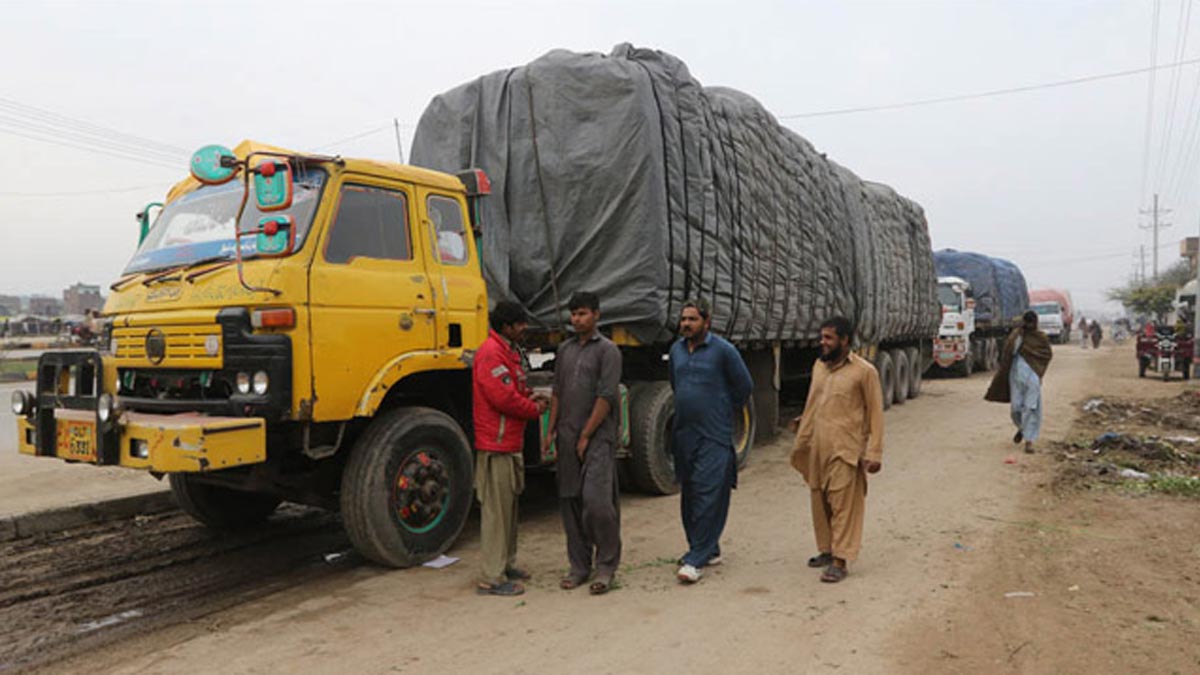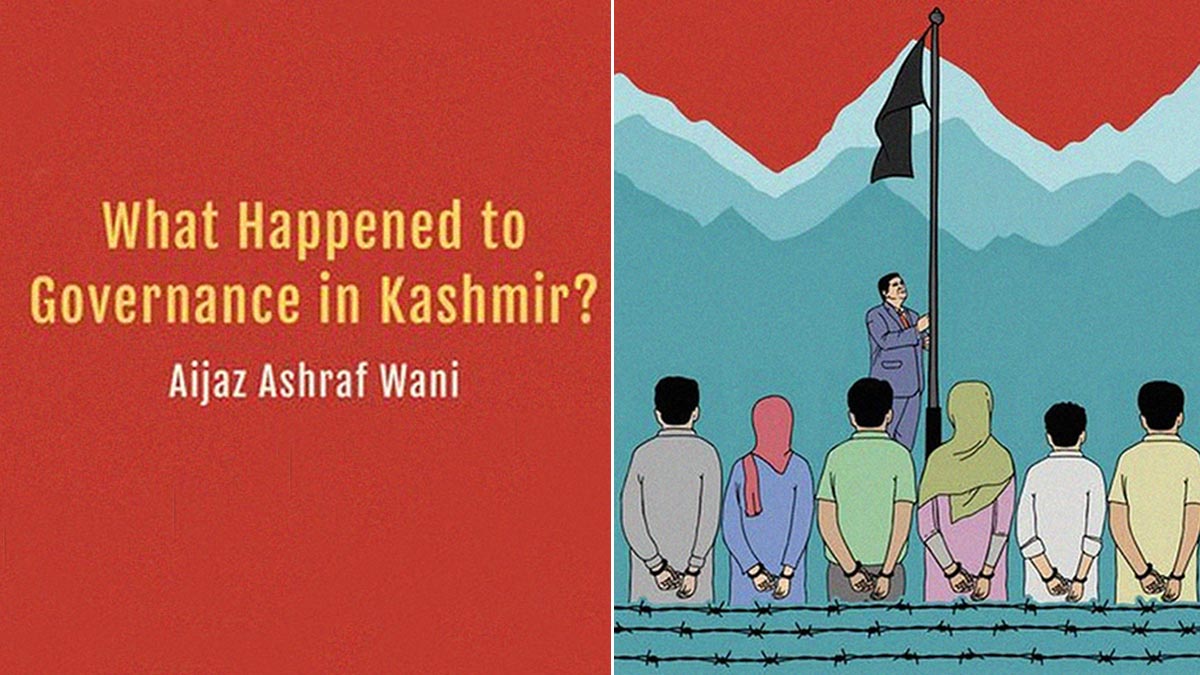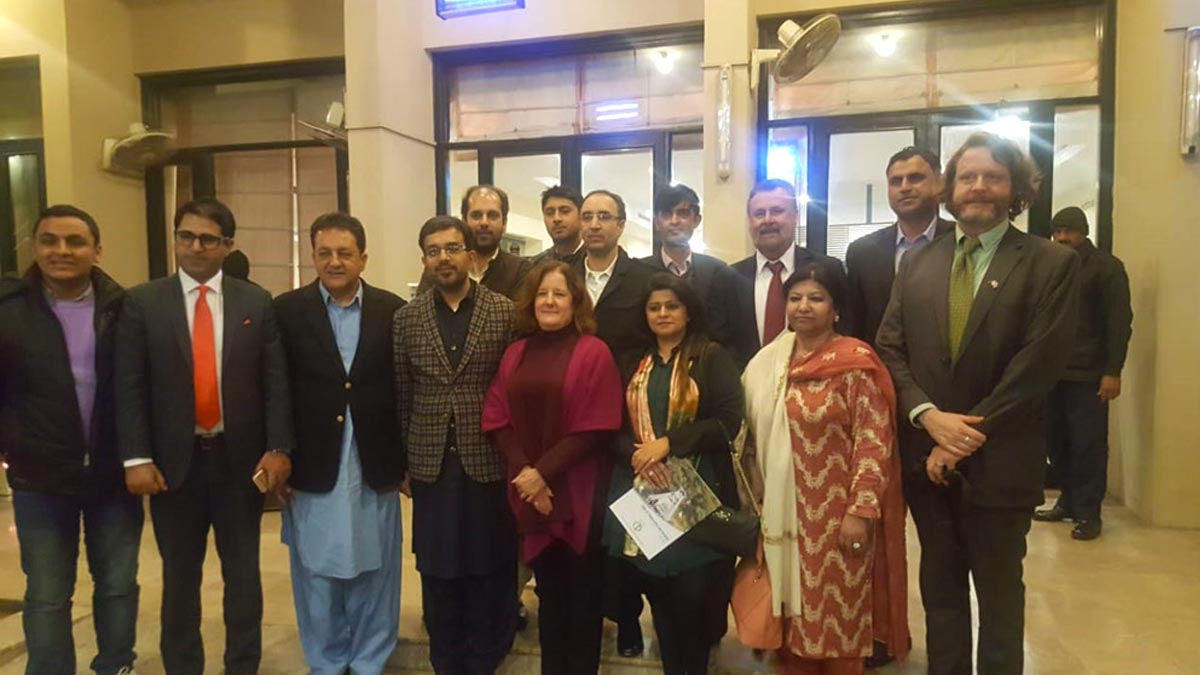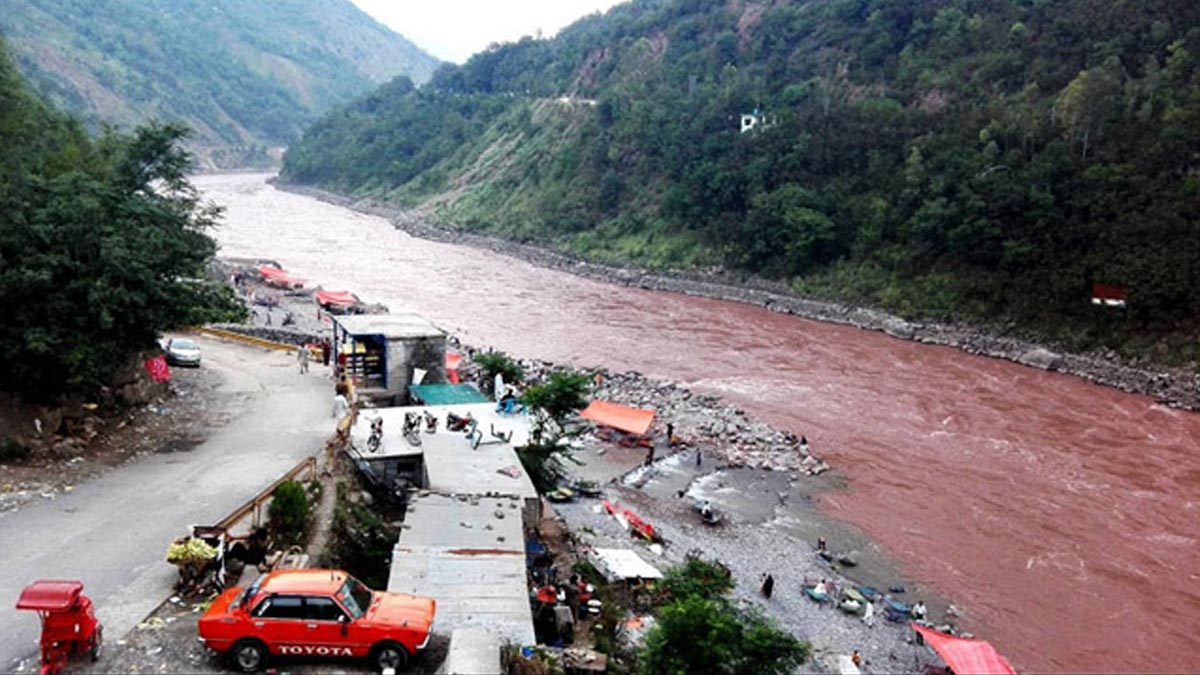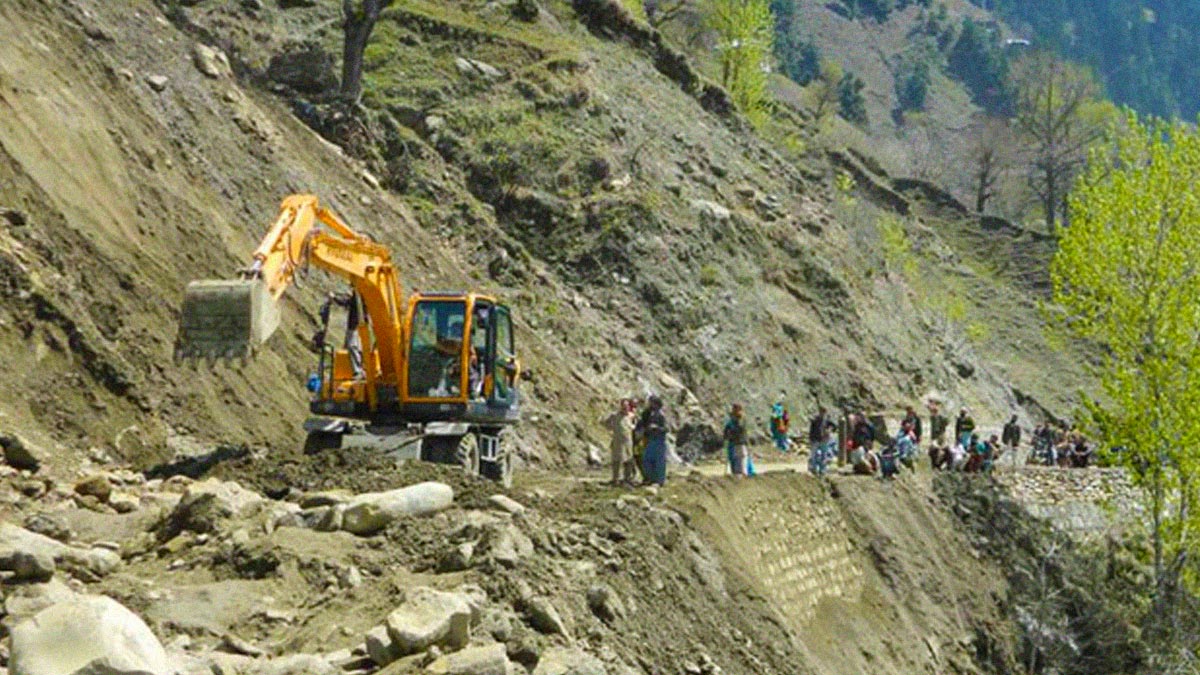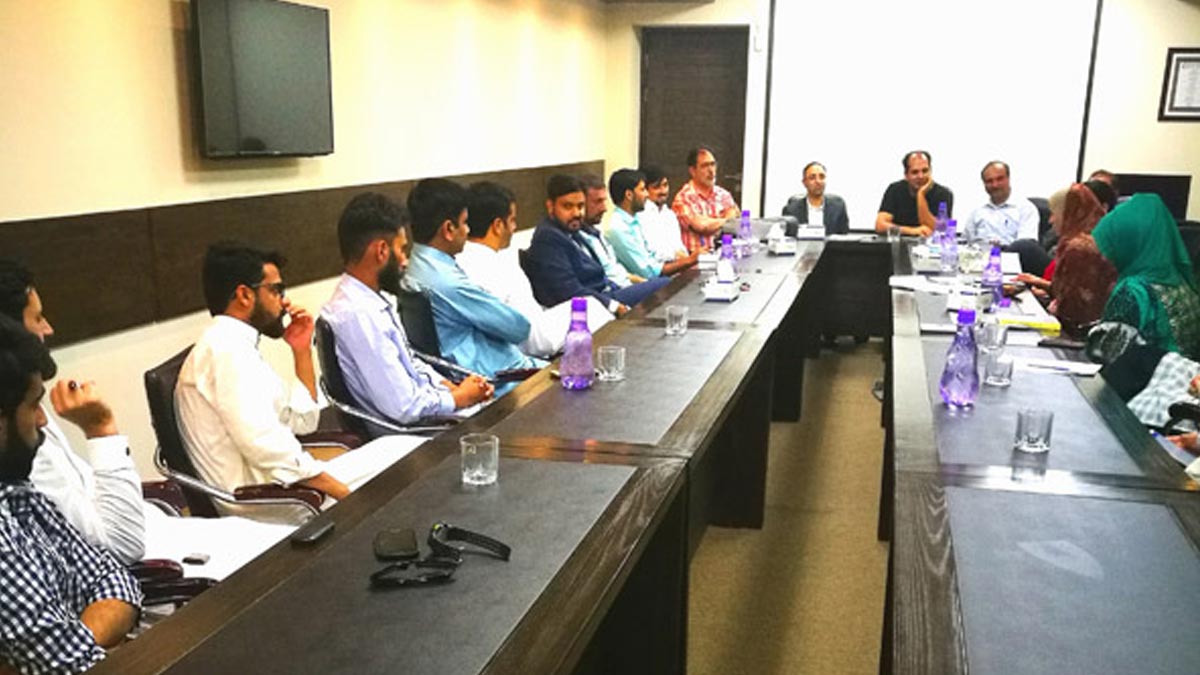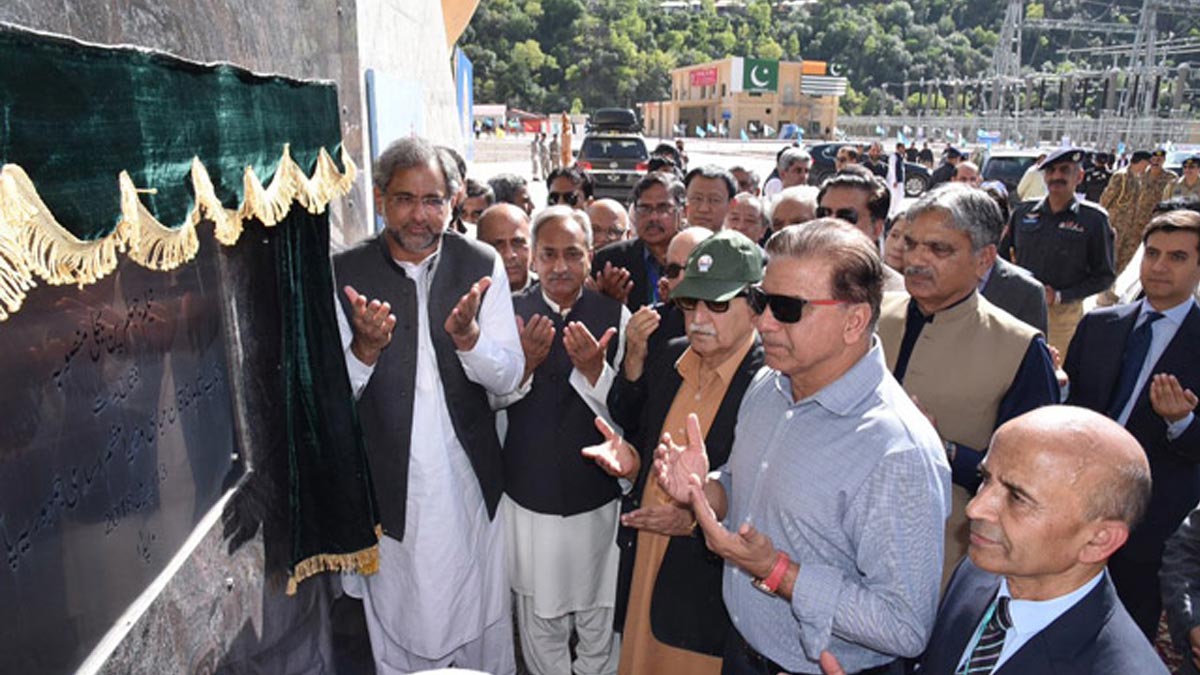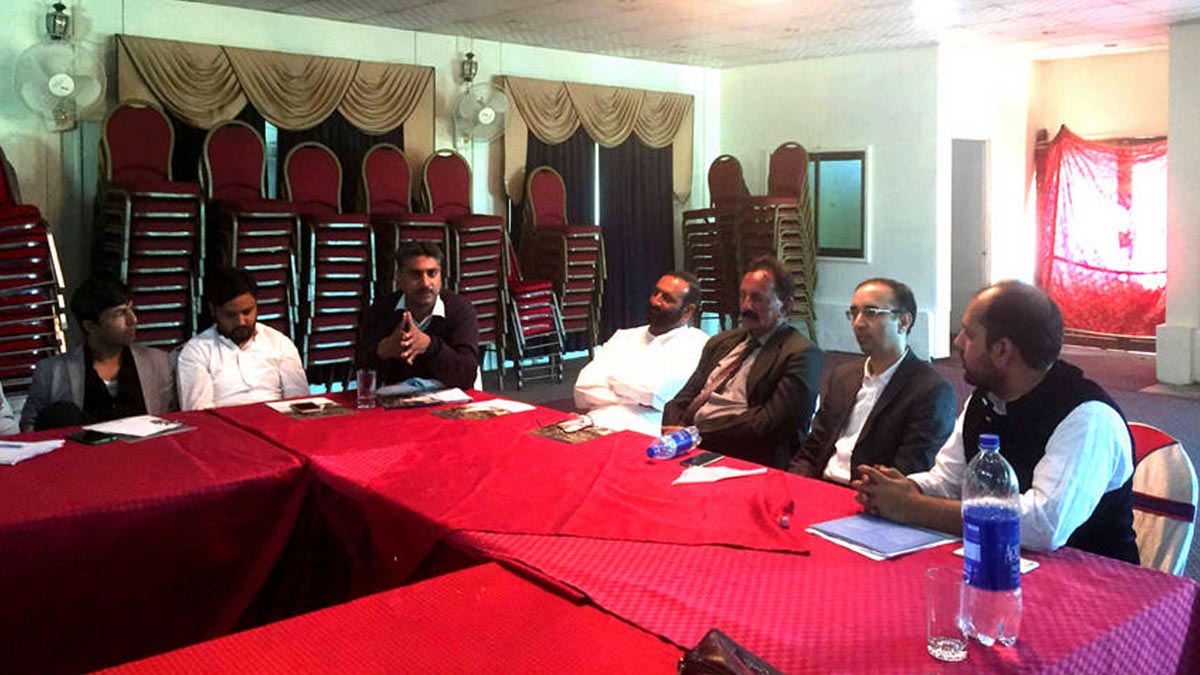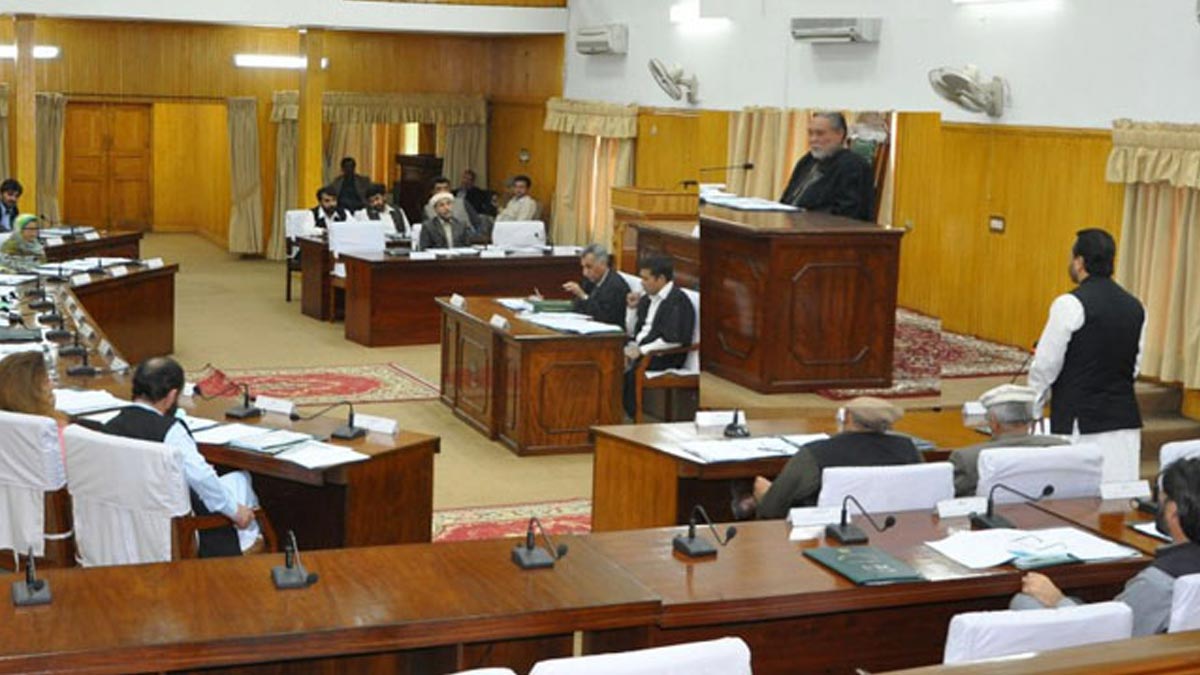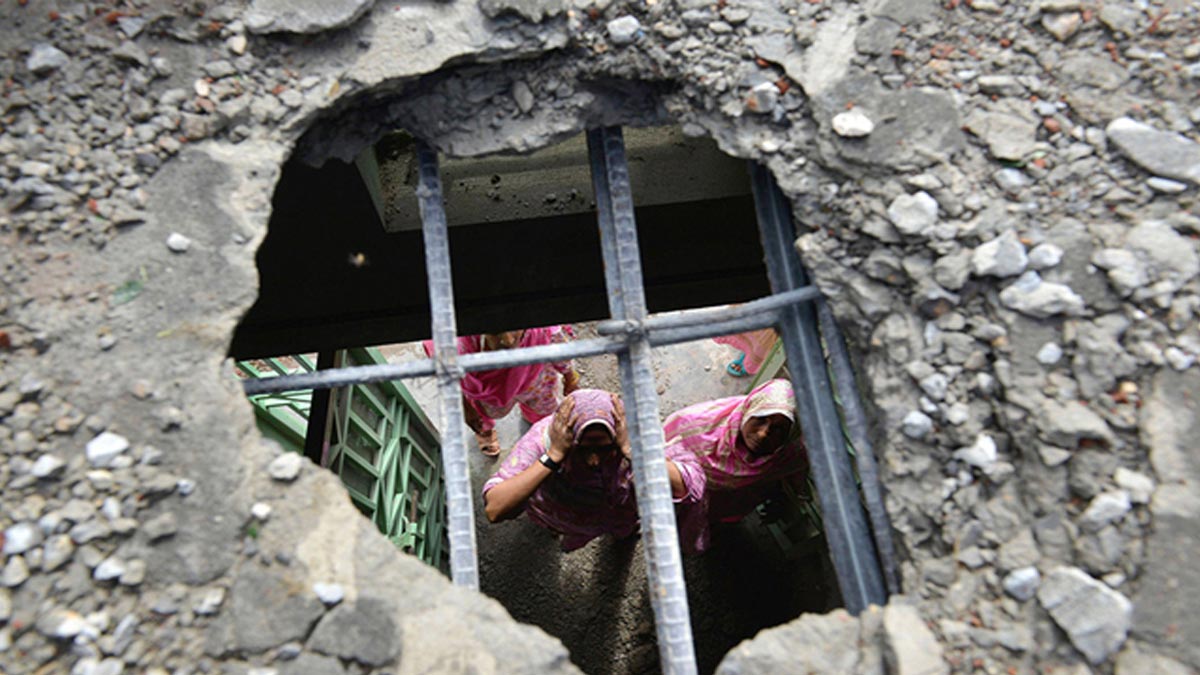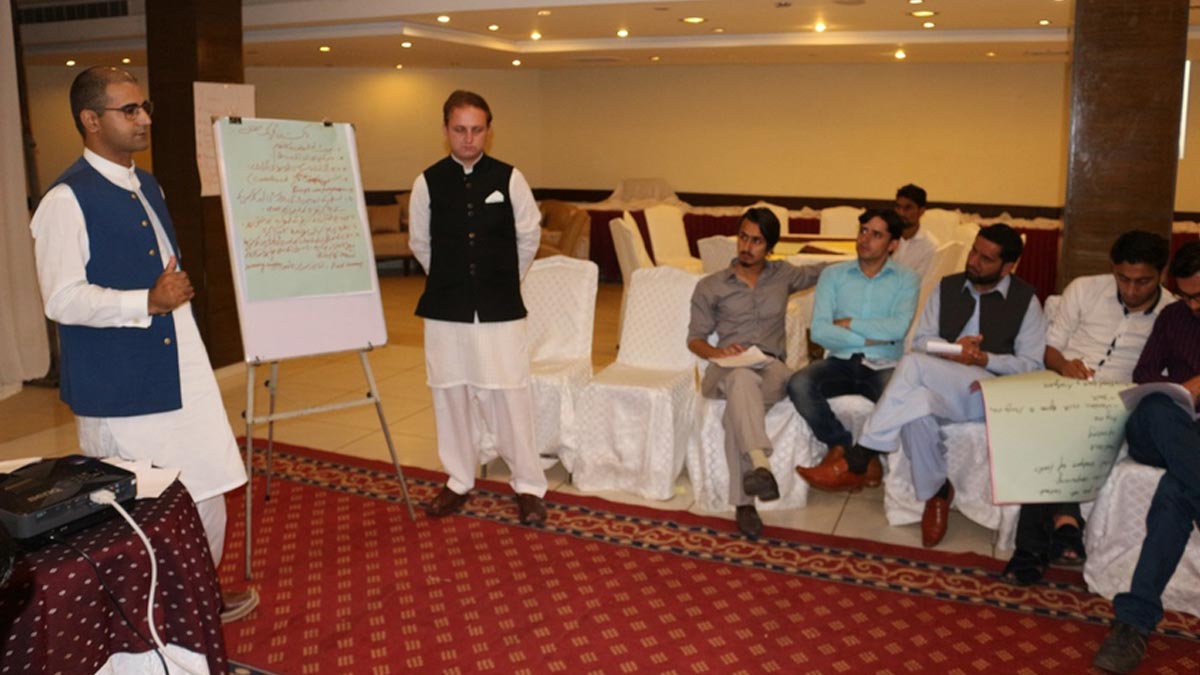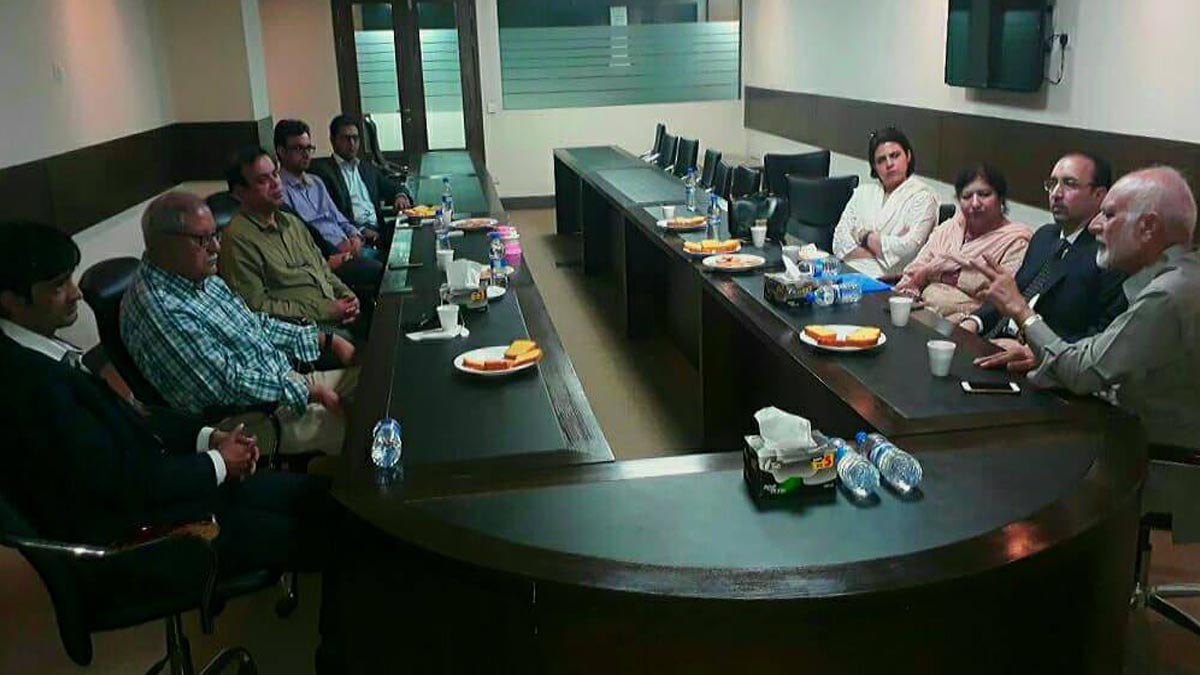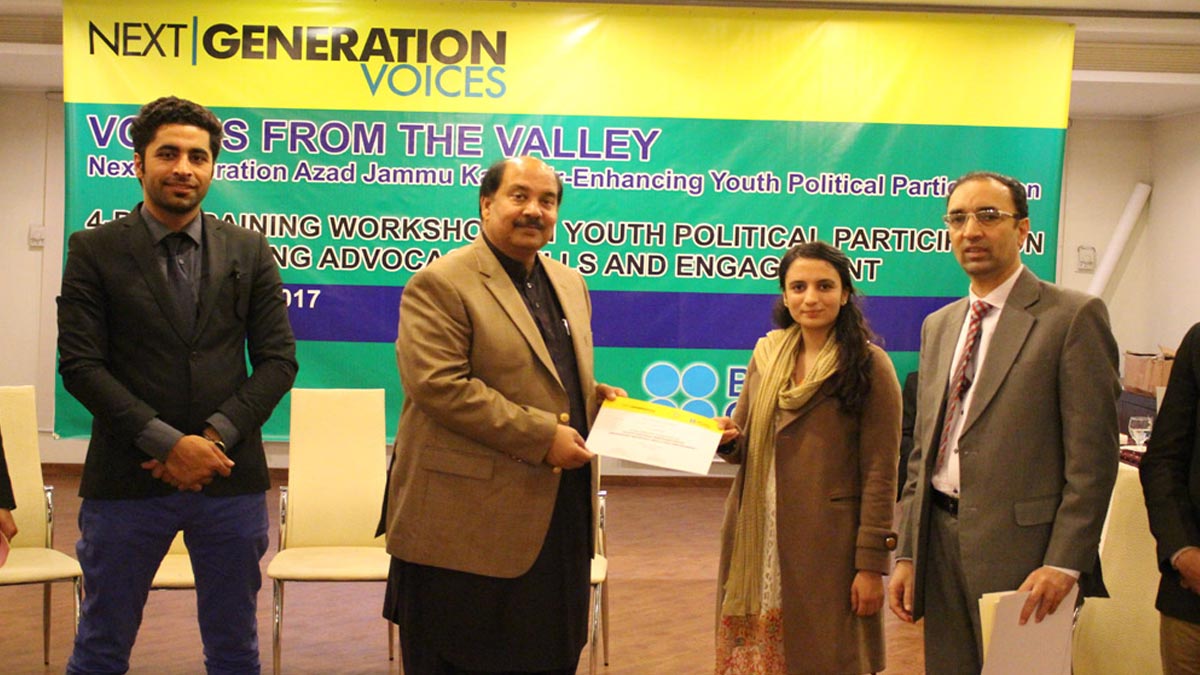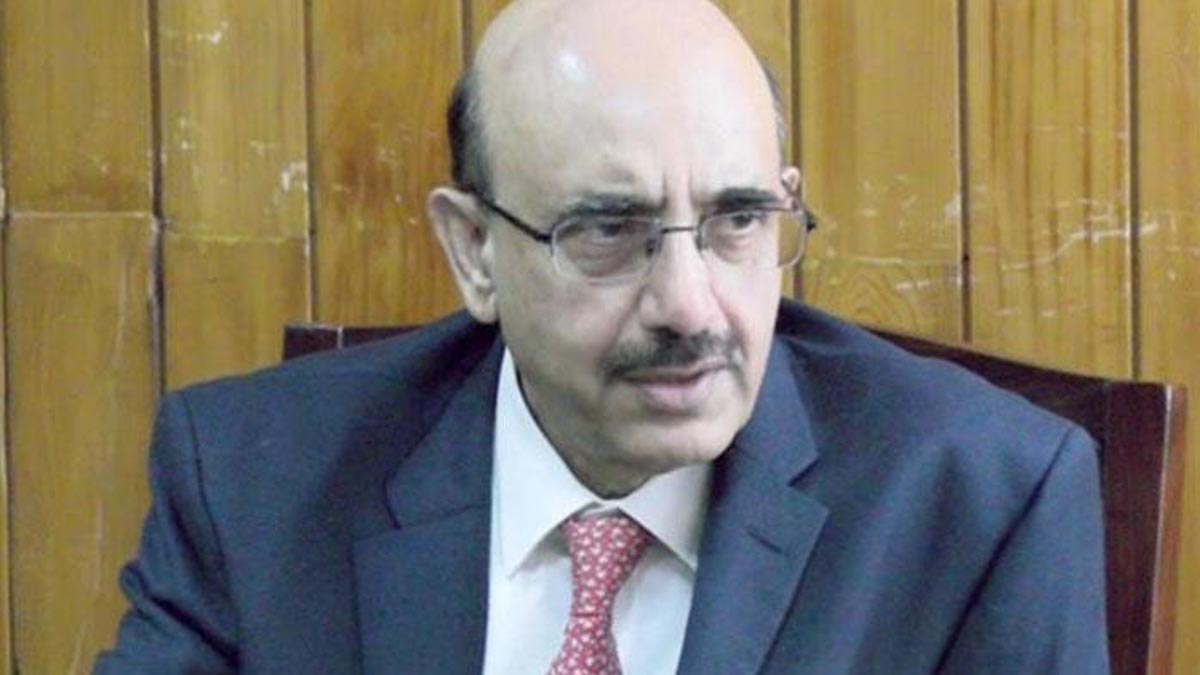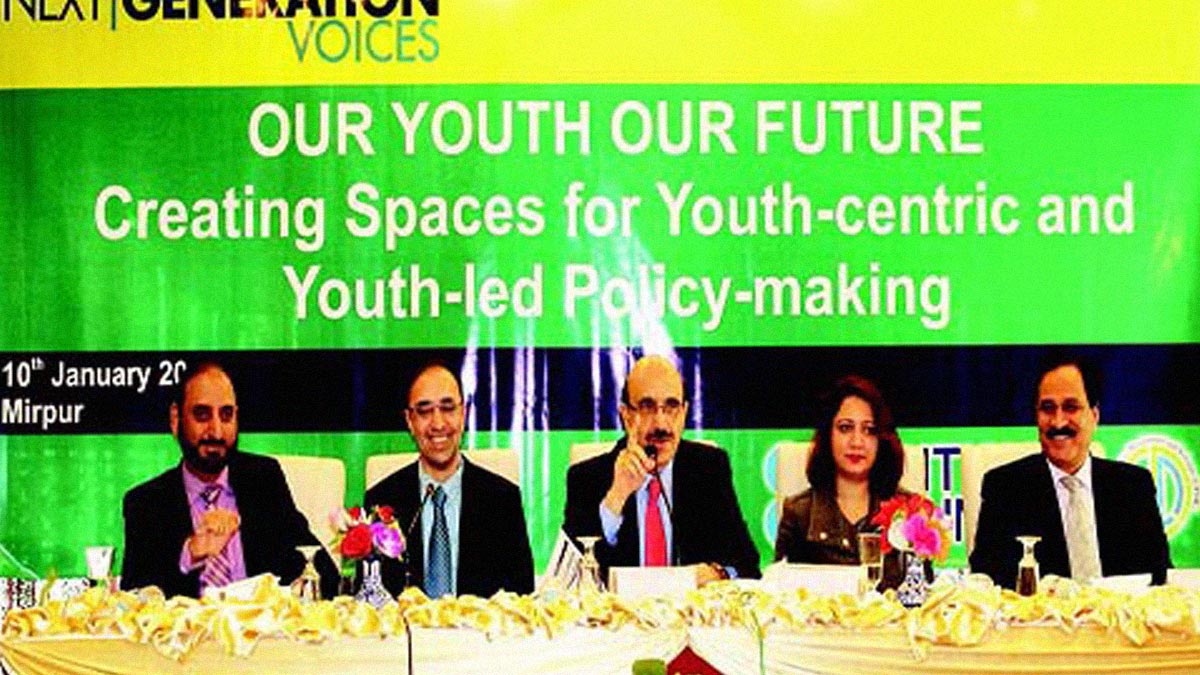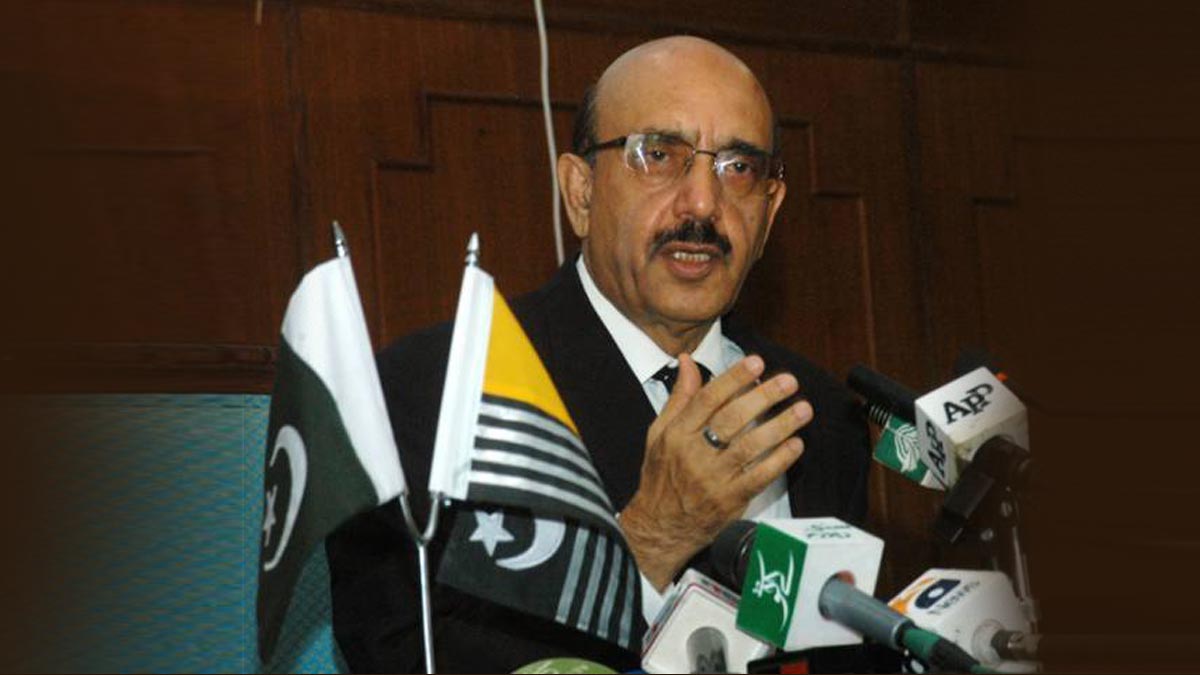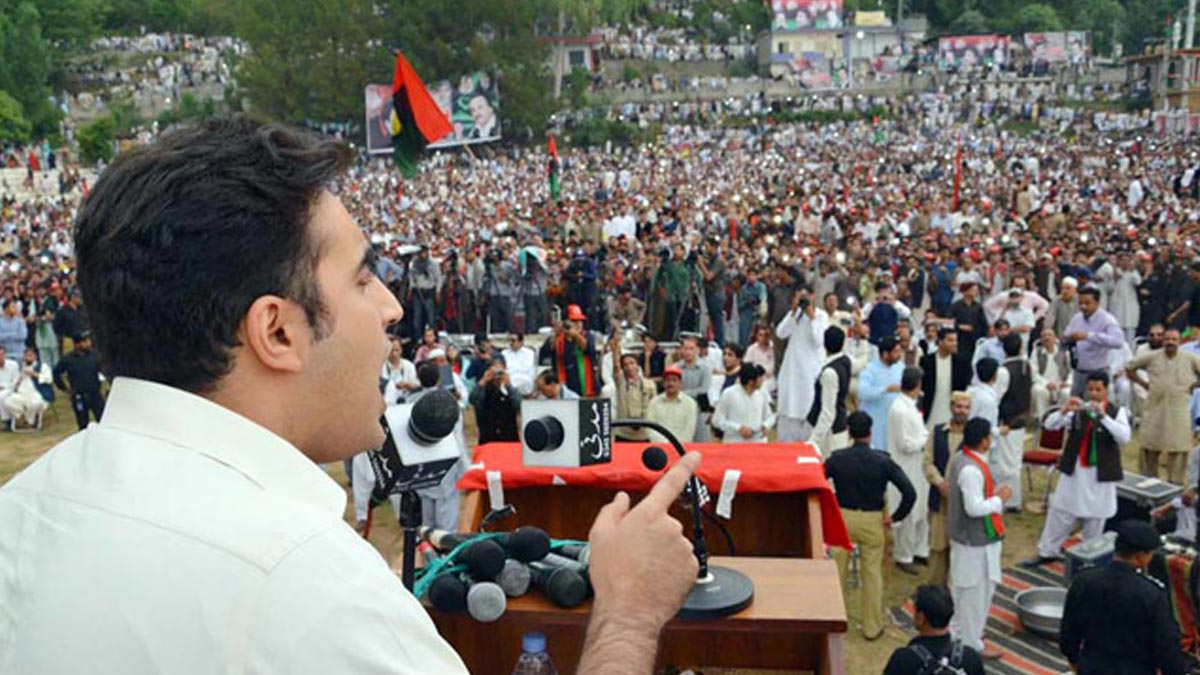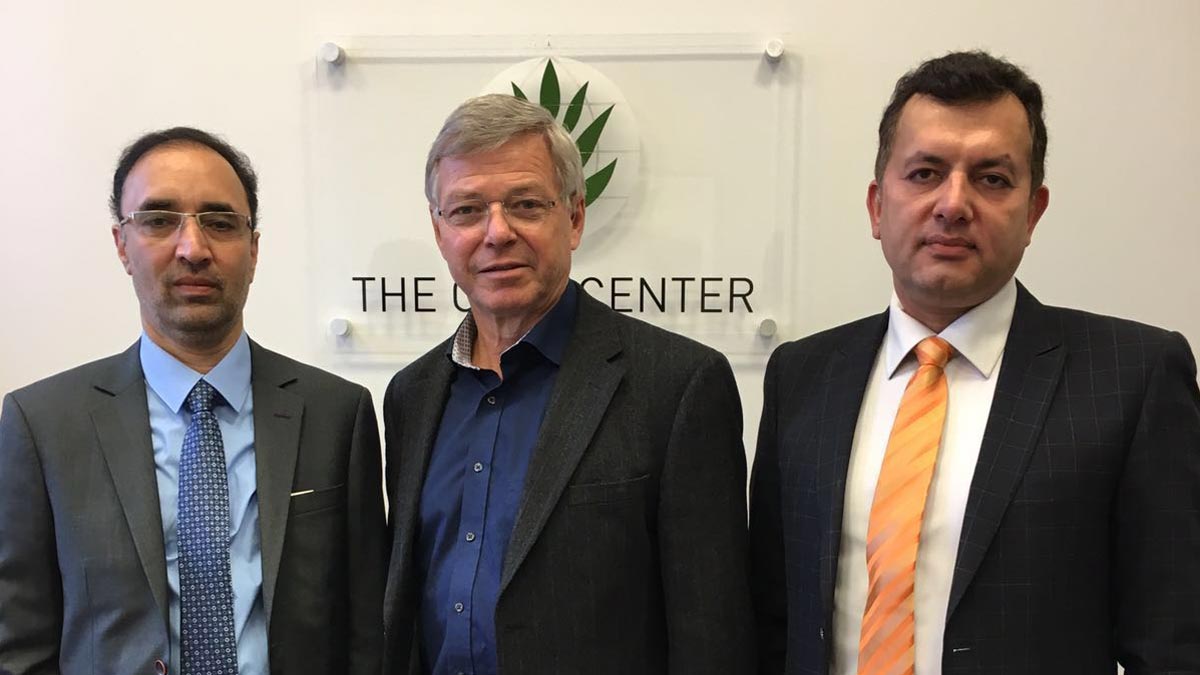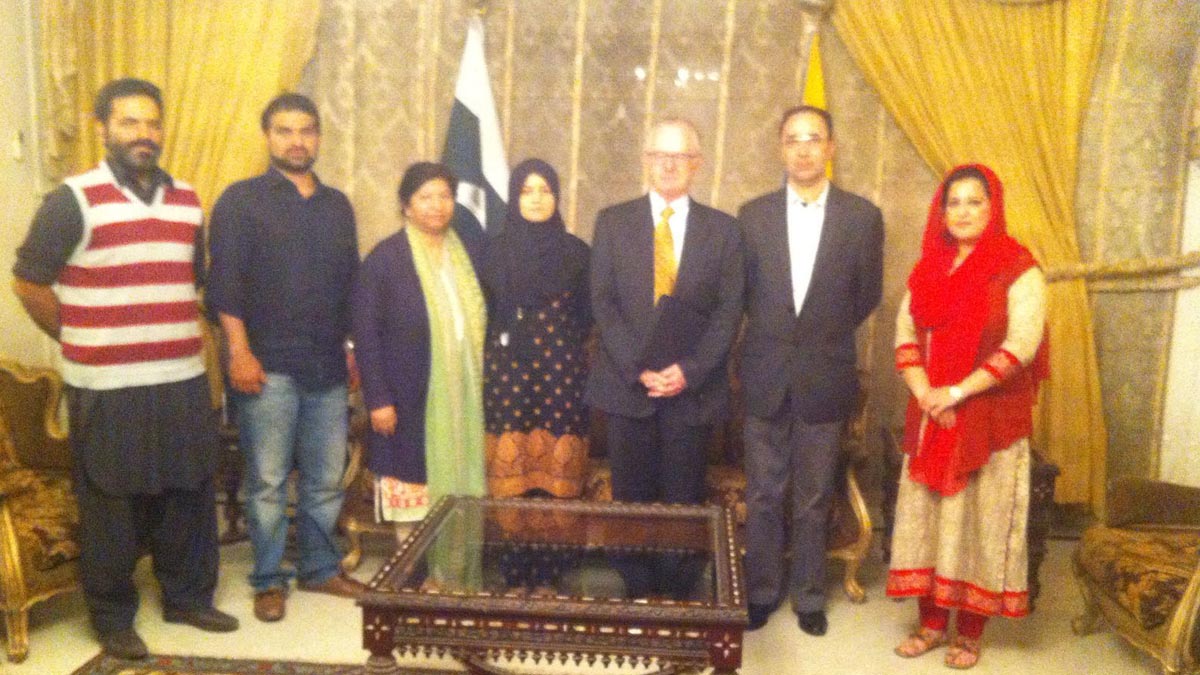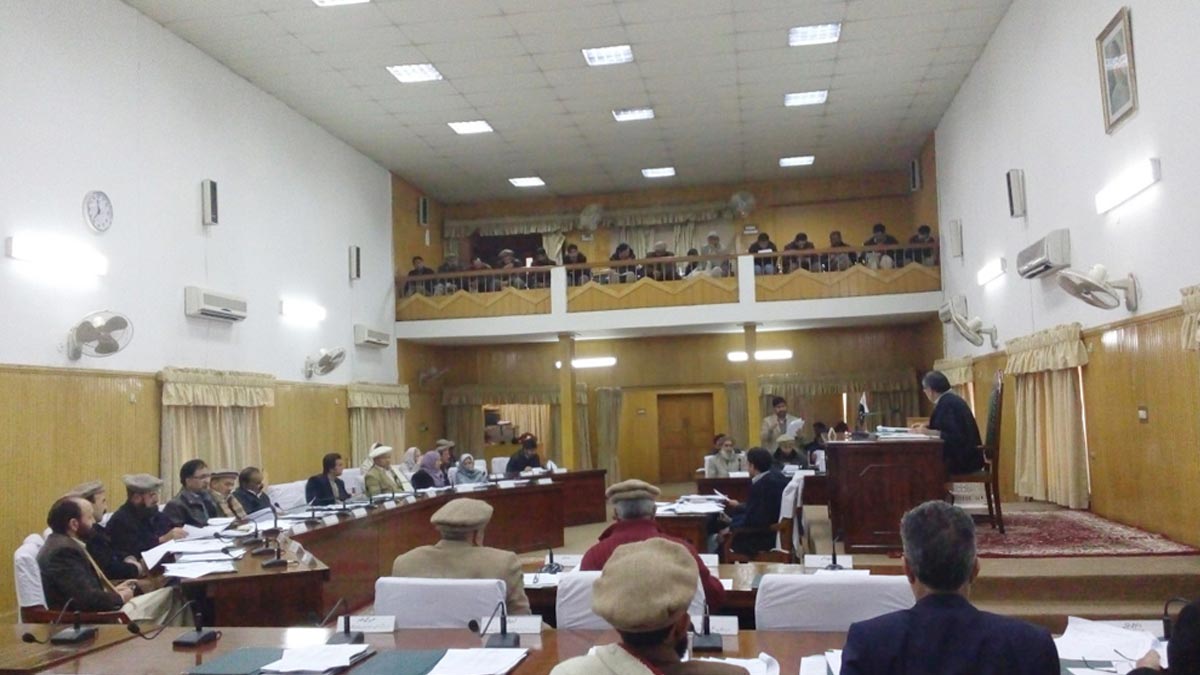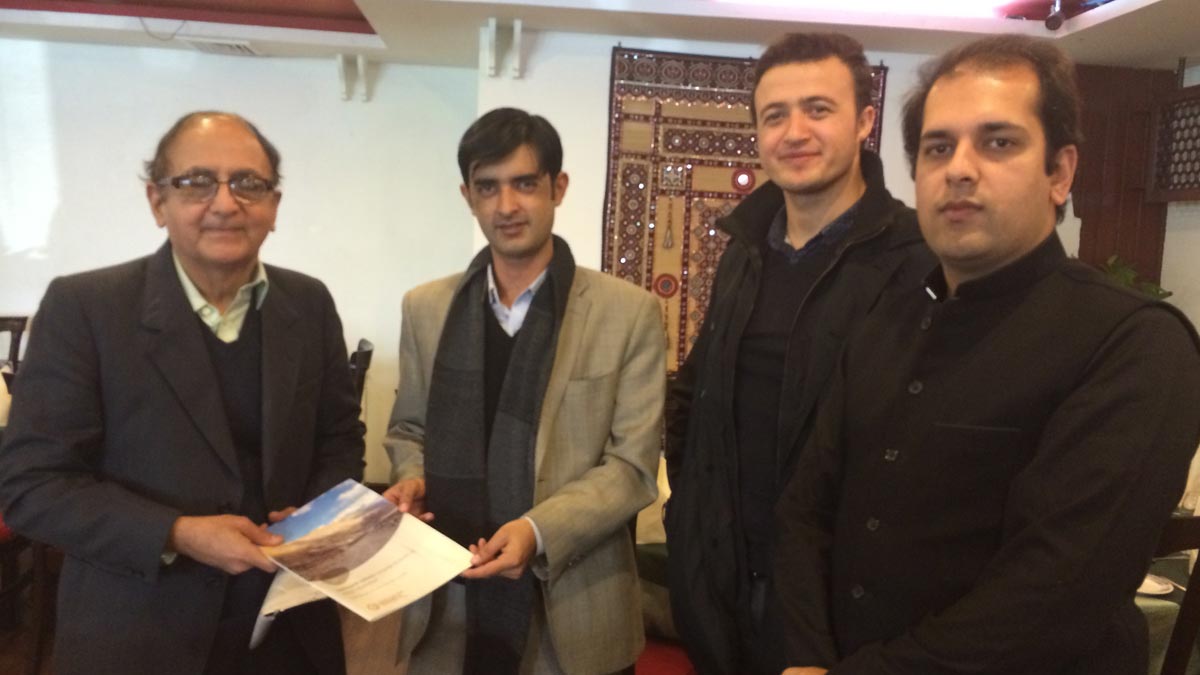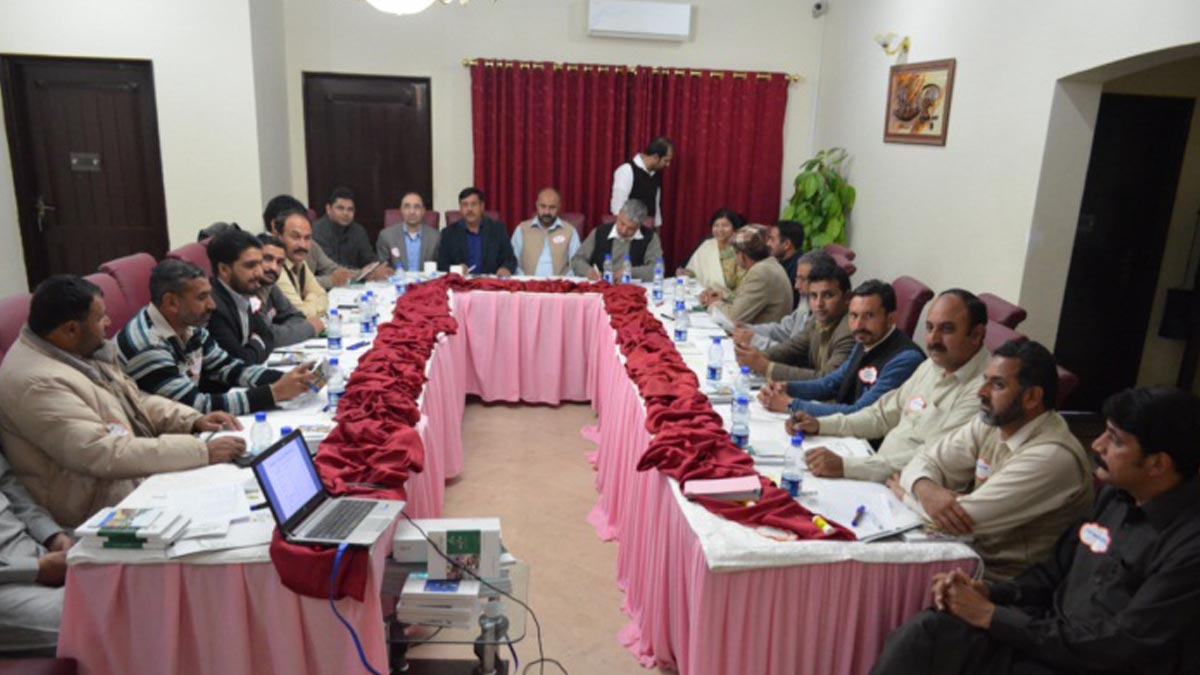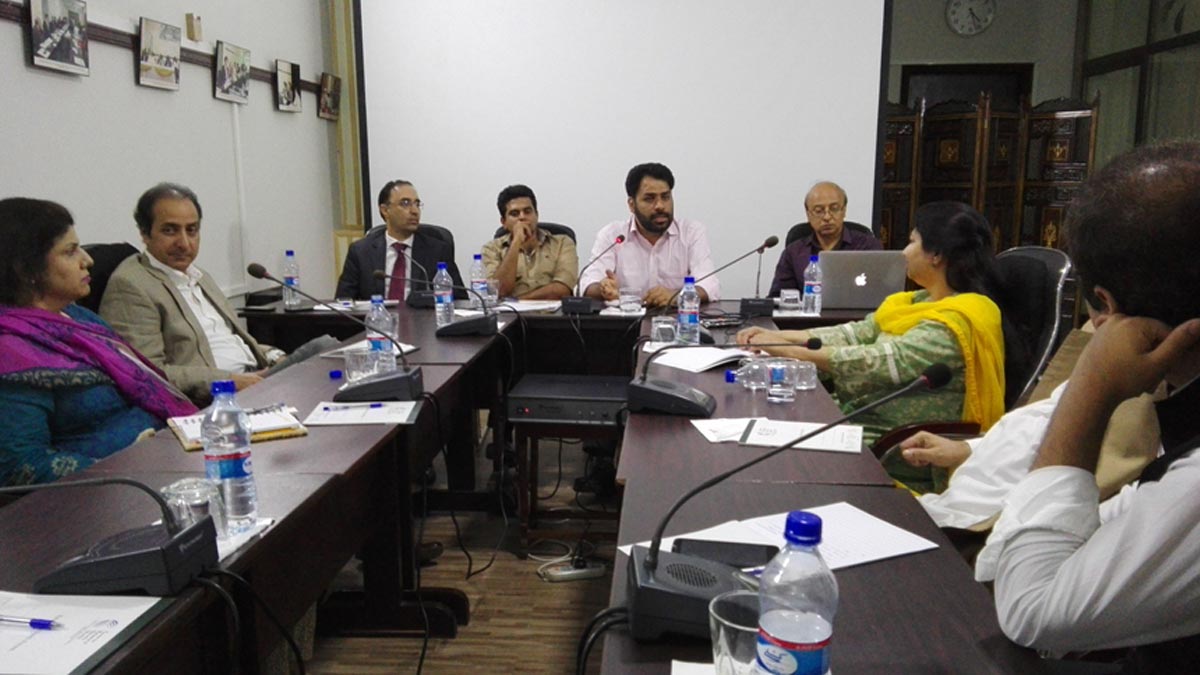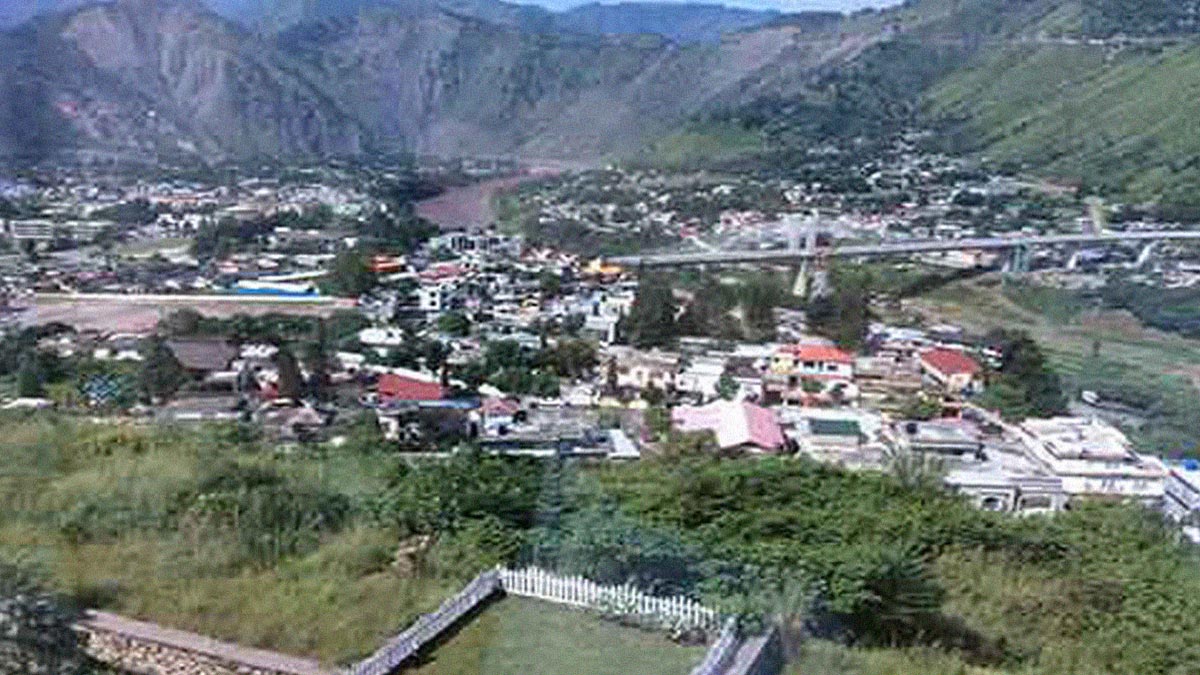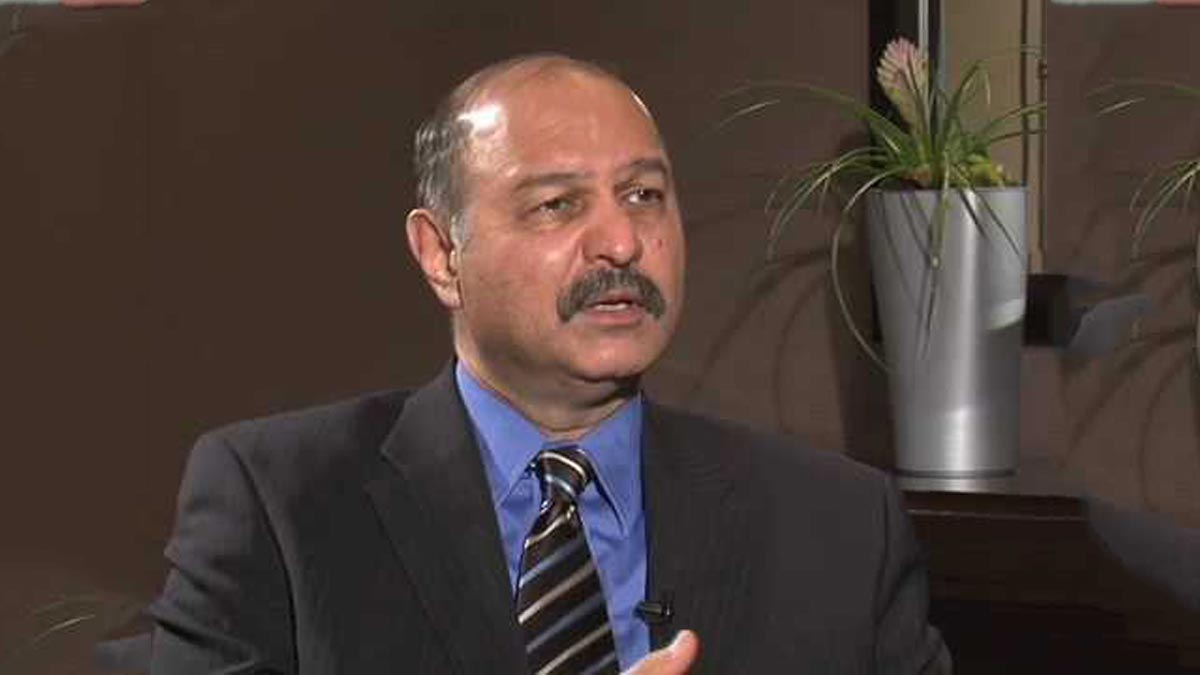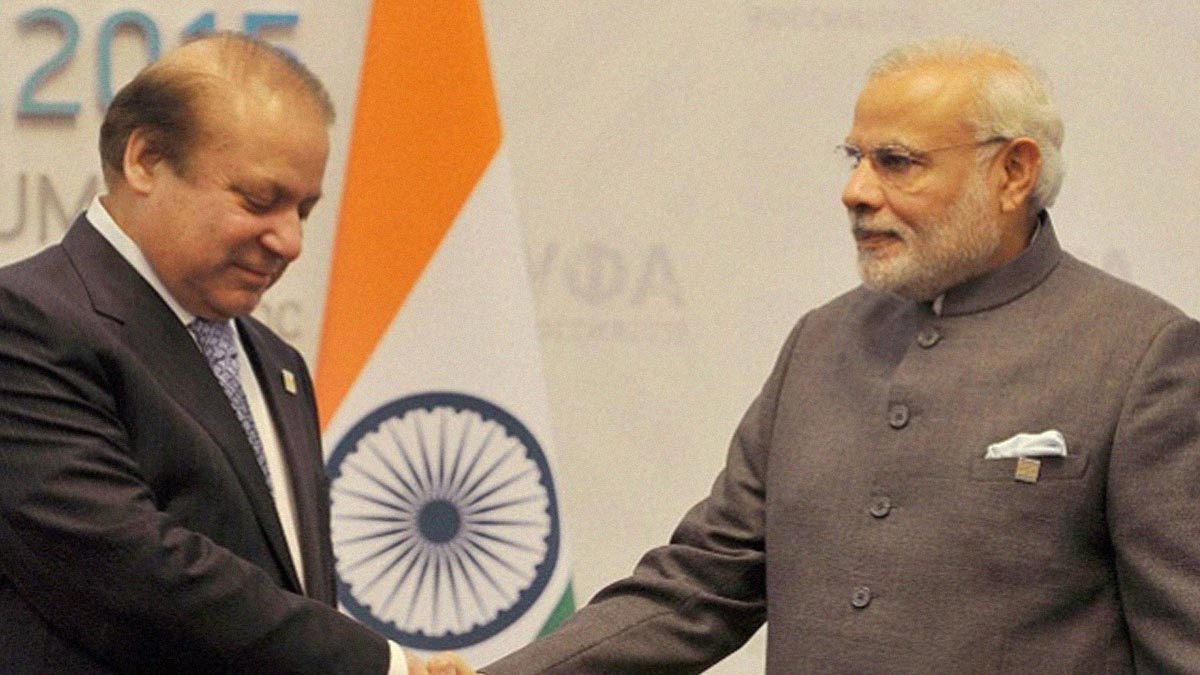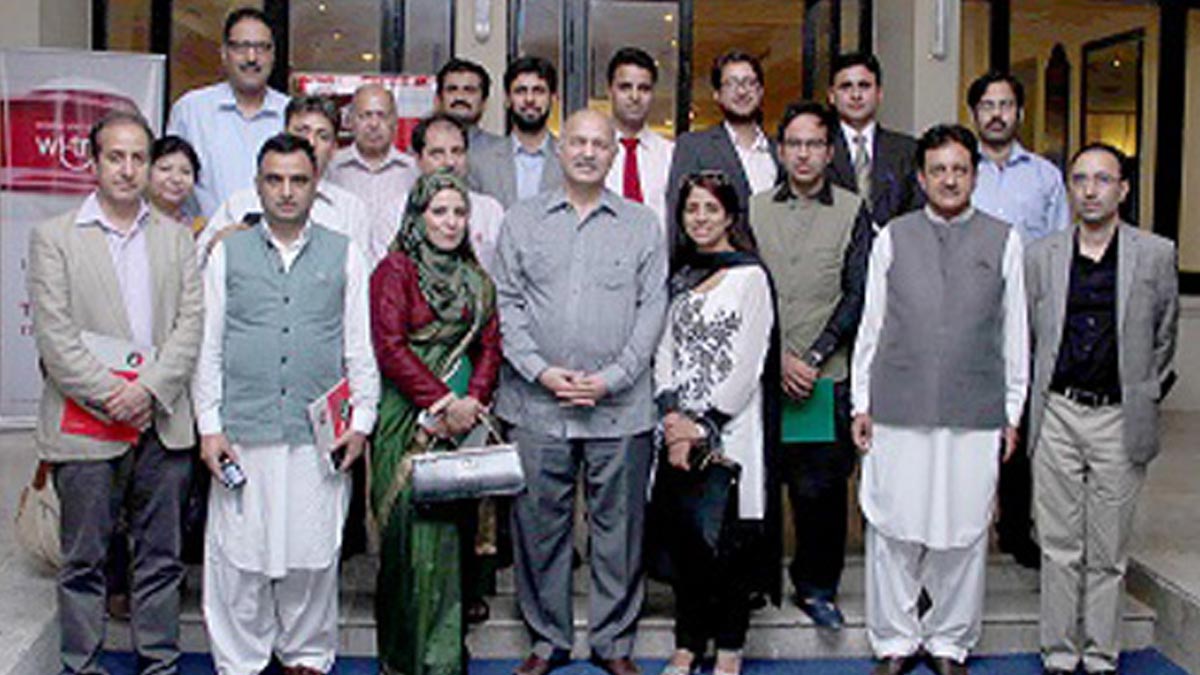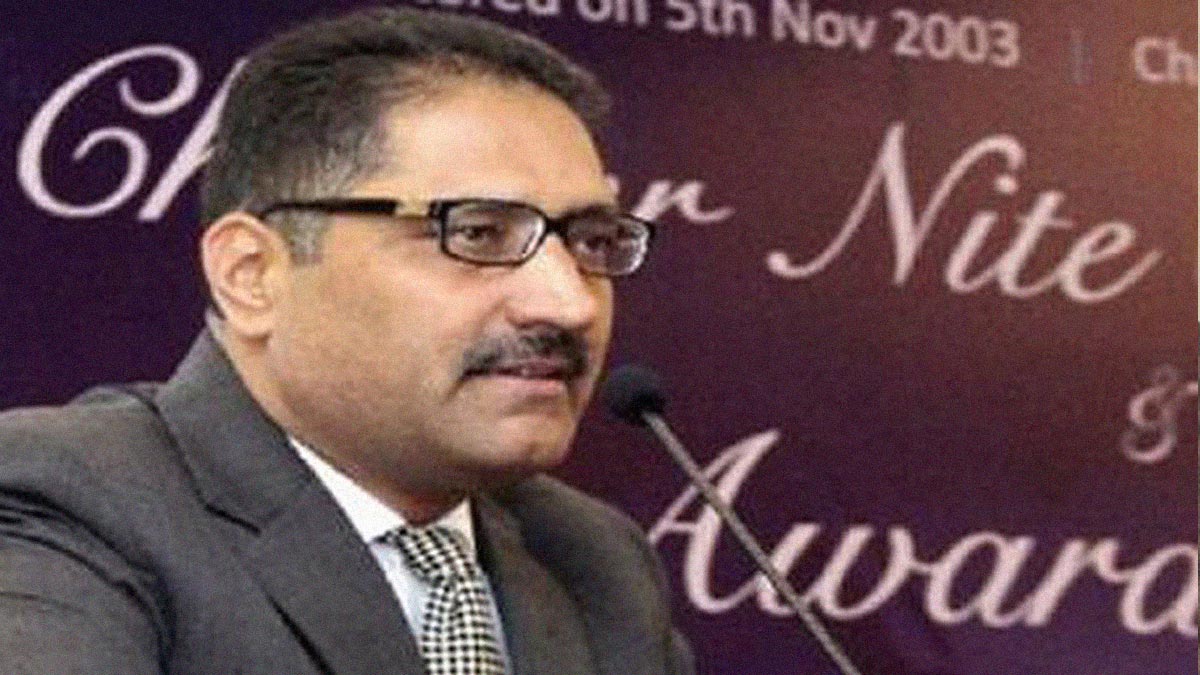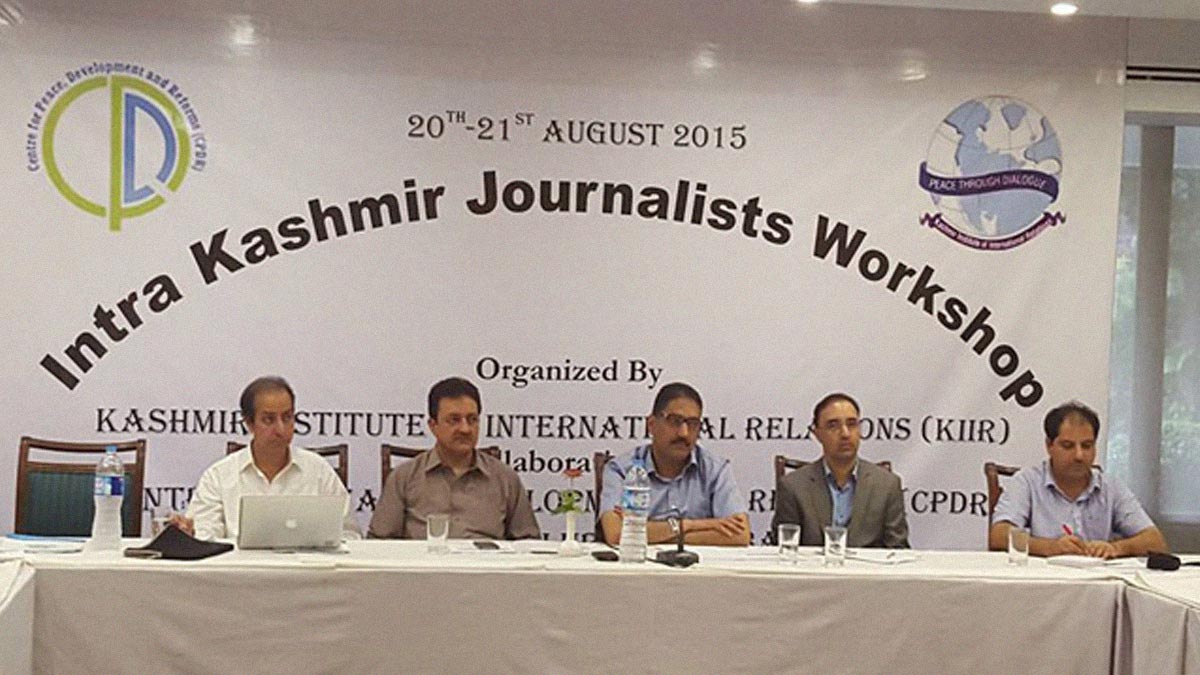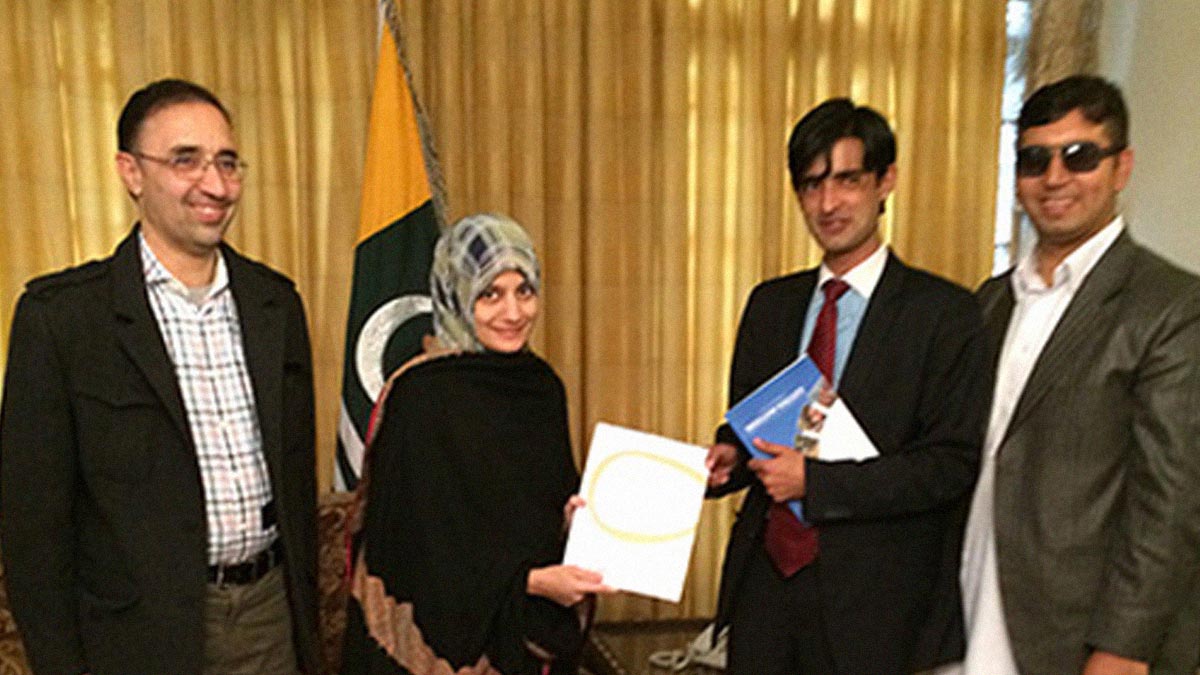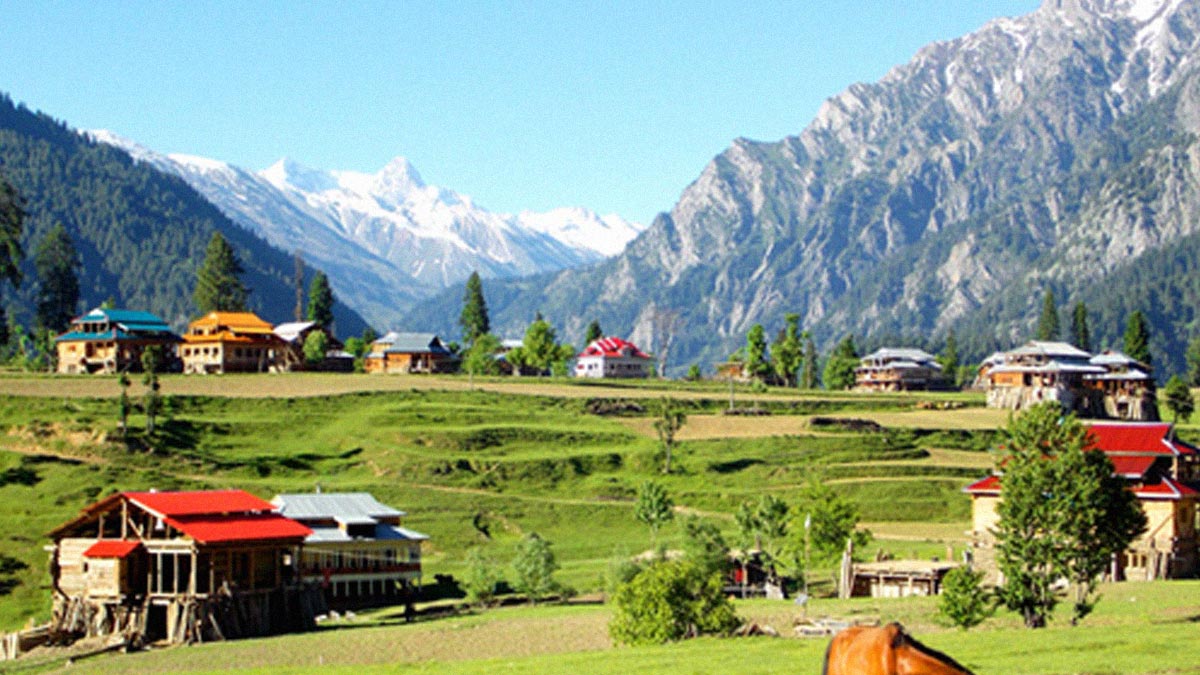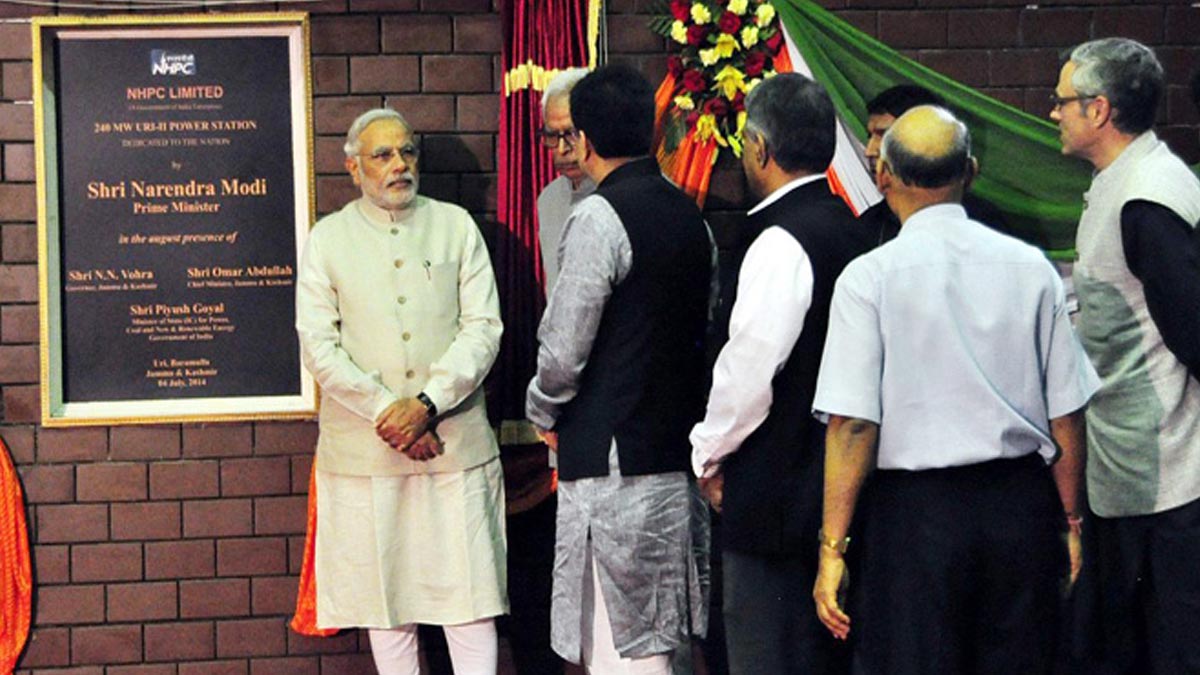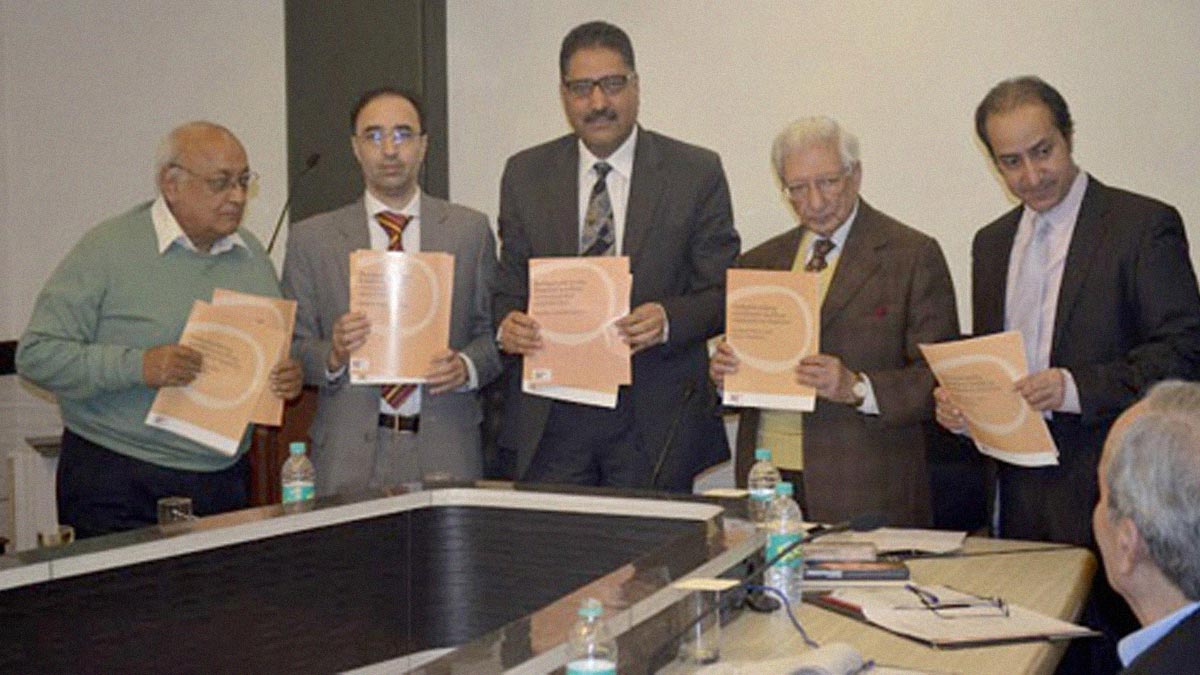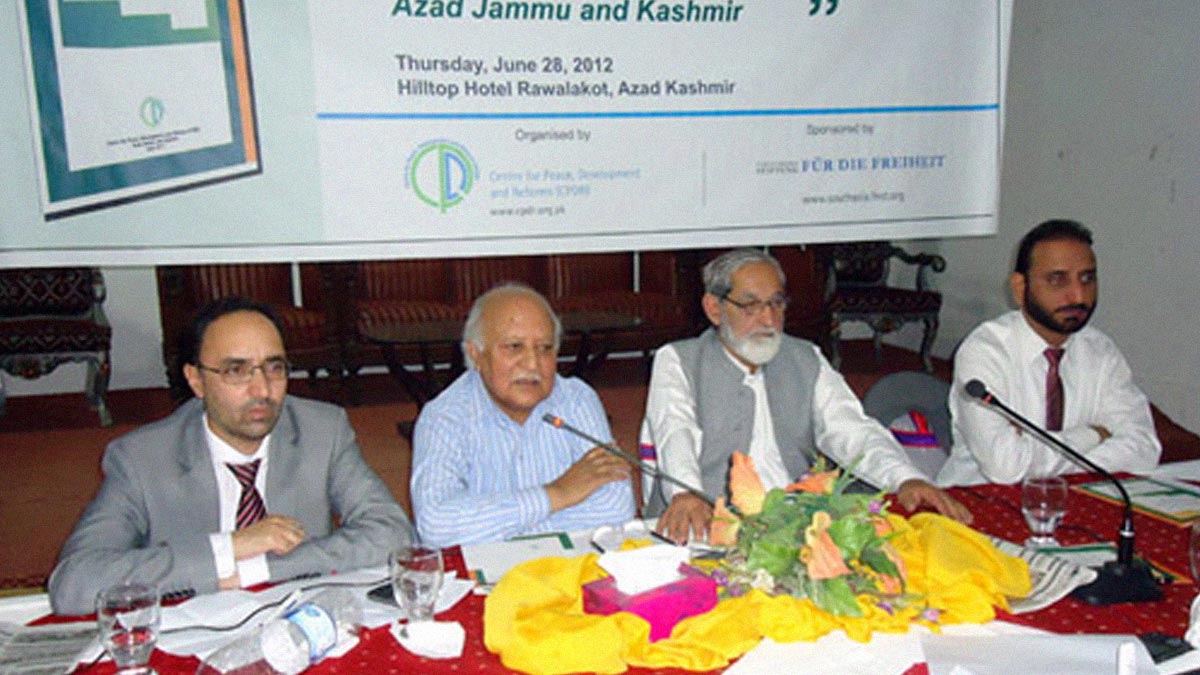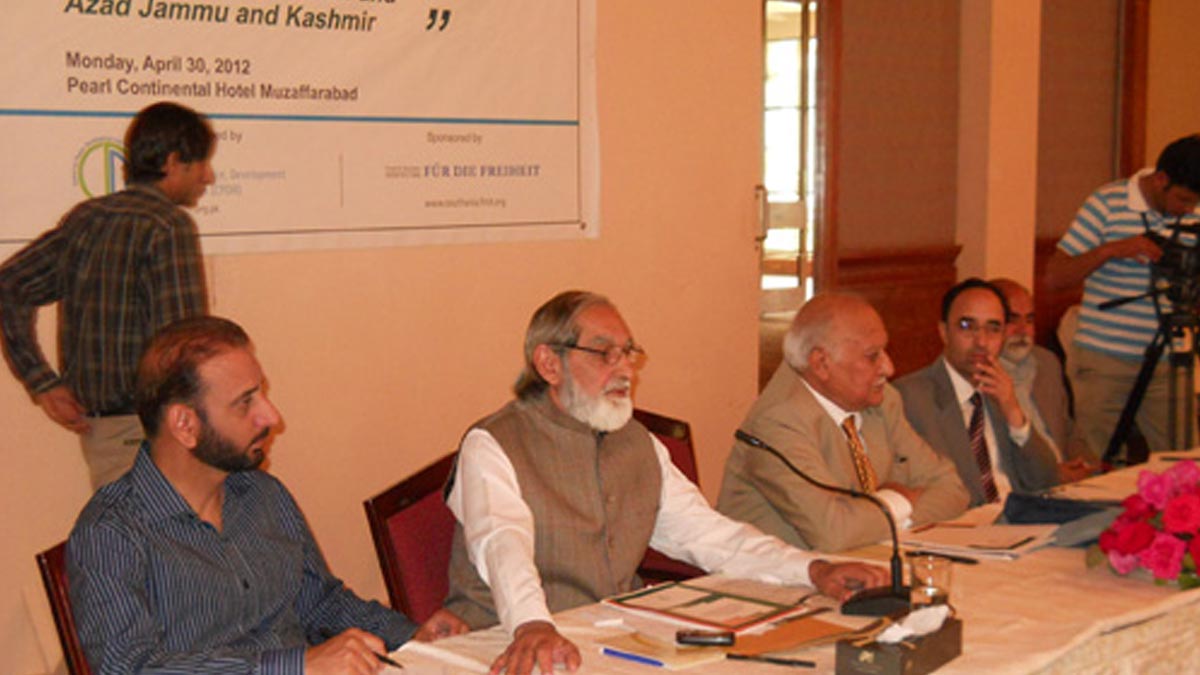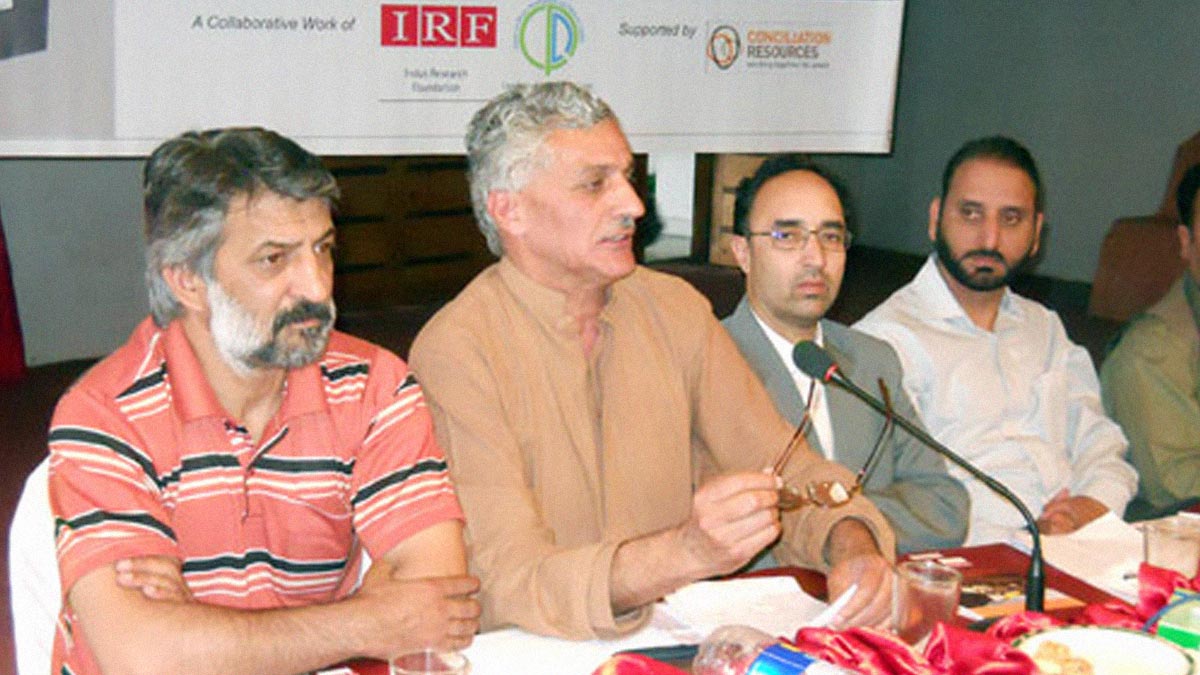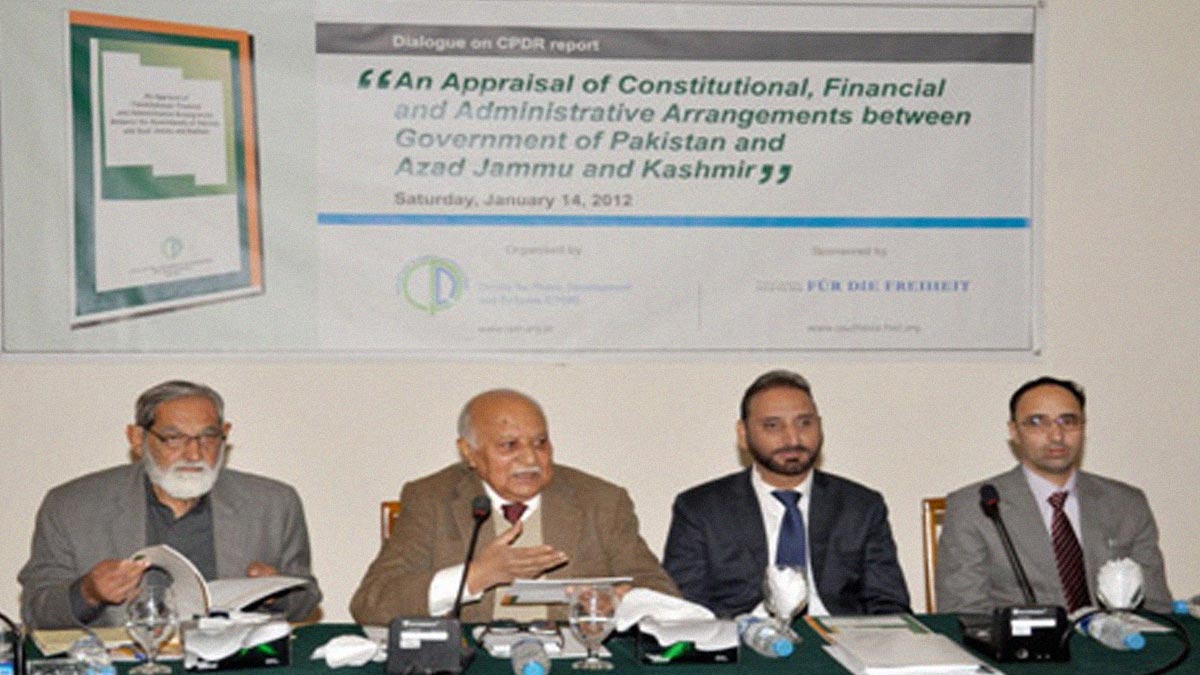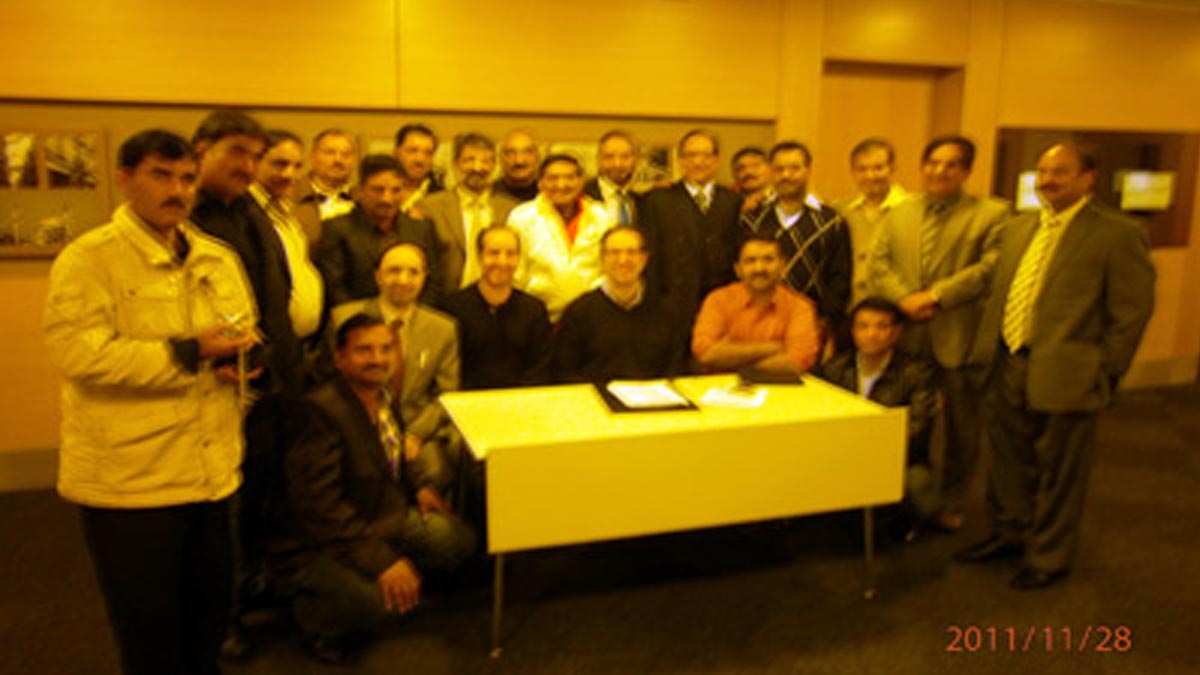- August 5, 2011
- @admin
- 0
- 17th August 2011
- Ershad Mahmud
- Islamabad
Like every government in Azad Kashmir, the new administration in Muzaffarabad led by Chaudhry Abdul Majeed of the Pakistan People’s Party, will have to deal with demands in the territory that the federal government redefine the relationship between Islamabad and Muzaffarabad. The demands have become more vocal after the 18 and 19th Amendments which have devolved more powers to the provinces and reduced the central government’s role in provinces.
In 1970, an interim constitution had made Azad Kashmir an autonomous entity. But when the Pakistan People’s Party came to power it drastically reduced the authority of the Azad Kashmir government. All important powers were taken back through the establishment of a new body, the Azad Kashmir Council. The elected government of Azad Kashmir has no jurisdiction over the council, which was given 52 subjects. The minister for Kashmir and Gilgit-Baltistan affairs runs the entire show and all major policy decisions are routed through the Prime Minster’s Secretariat in Islamabad.
The prime minister, who is not bound by the advice of the elected Azad Kashmir government, is chairman of the council, whose members he or she does not need to consult.
It is the Prime Minster’s Secretariat which exercises control over Azad Kashmir’s administration, including its economic affairs. At the same time, it appoints all the judges of the Azad Kashmir High Court and Supreme Court, as well as the chief election commissioner.
The local administration is headed by officials sent from Islamabad, like the chief secretary, the inspector general of police, the finance secretary, the home secretary, the health secretary, the accountant-general, and usually also the additional chief secretary (development). Because these officials do not fall under the Azad Kashmir government’s service rules, this undermines the authority of the government in Muzaffarabad.
All major subjects where the Azad Kashmir government could have received revenues fall under the jurisdiction of the Kashmir Council, such as electricity and hydropower generation, tourism, banking, insurance, the stock exchange, telecommunication, planning for economic coordination, highways, oil and gas, and industrial development. Therefore, while the council does not assist in development work, the Azad Kashmir government is not allowed to have the means to carry it out.
The objective of the creation of the Kashmir Council was to enhance the status of Azad Kashmir and provide it a forum where its leadership could interact with the prime minister of Pakistan and other top officials in Islamabad. What this undemocratic institution does, instead, is to prevent Azad Kashmir’s elected governments from exercising their executive authority. The council’s budget is in the billions, but its elected members have no say in the budget-making process or in disbursement of money.
The prime minister of Pakistan, who heads the council, is not accountable to Azad Kashmir’s judiciary and parliament. The critical question is: on what basis can a person make major policy decisions on behalf of millions of people whom he or she does not represent?
Many political leaders of Azad Kashmir, including former prime minister Raja Farooq Haider Khan, are strong critics of the powers enjoyed by the federal government through the council. They believe that good governance there would remain a pipedream unless the executive powers of the council are taken away and transferred to the government of Azad Kashmir.
At present, the PPP has governments both in Islamabad and Muzaffarabad. It has already passed the 18 and 19th Amendments to devolve several ministries to the provinces to make them more autonomous. Earlier, the provinces had agreed on the National Finance Commission Award to share their resources equitably. But these developments have had no evident impact on Azad Kashmir, because of its peculiar political and constitutional status.
A civil society organisation in Azad Kashmir, the Centre for Peace, Development and Reforms (CPDR), came up with sound recommendations for amendments to Azad Kashmir’s constitution to enable the creation of a more harmonious working relationship with Islamabad. The report, entitled “An Appraisal of Constitutional, Financial and Administrative Arrangements between the Governments of Pakistan and Azad Jammu and Kashmir,” says that the Azad Kashmir Council should be retained and entrusted with powers of co-ordination between the two governments with respect to the responsibilities under the resolutions of the United Nations Commission for India and Pakistan (UNCIP), such as defence and security, currency, foreign affairs, and foreign trade. It further says that all executive and legislative powers should revert to Azad Kashmir’s government and Assembly.
Election for the 12 seats for refugee settled in Pakistan has invariably been a contentions issue between Kashmiri stakeholders and the government in Islamabad, and in Punjab. The report suggests an alternative mechanism for minimisation of rigging in elections for these seats. It says that this system should be discarded, and representation to refugees from Indian-administered parts of Jammu and Kashmir should be given by elections through assembly members on the basis of proportional representation. Before elections, a list of candidates should be provided by political parties to the election commission. The proposed system could be introduced from the next elections, if the Pakistani government agreed.
The report also recommends significant changes in Azad Kashmir’s constitution in establishment of an independent judiciary and elections commission. Additionally, some concrete proposals are made to enhance the economic development of the region. The recently established PPP-led government in Muzaffarabad should take advantage of the conducive political environment for the constitutional amendments. So should the leading opposition party, the Muslim League-N, which has long been supporting constitutional reforms.
It is time a serious dialogue was started on this sensitive issue.
The News, Islamabad – Friday
The writer is based in Islamabad. E-mail : ajkrawalakot@gmail.com

Ershad Mahmud
The writer is a freelance contributor. He can be reached at:


